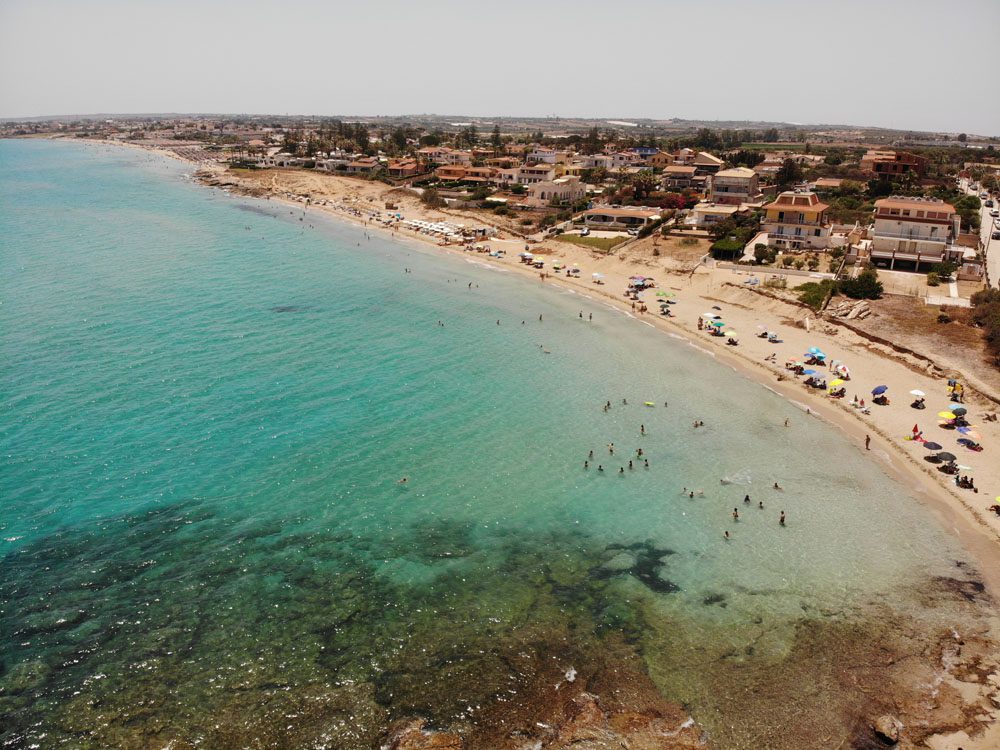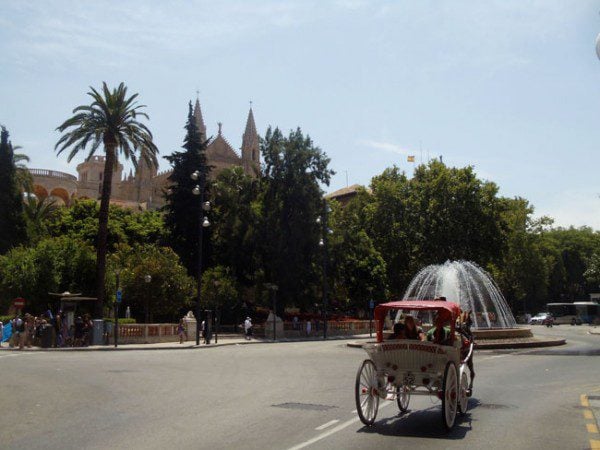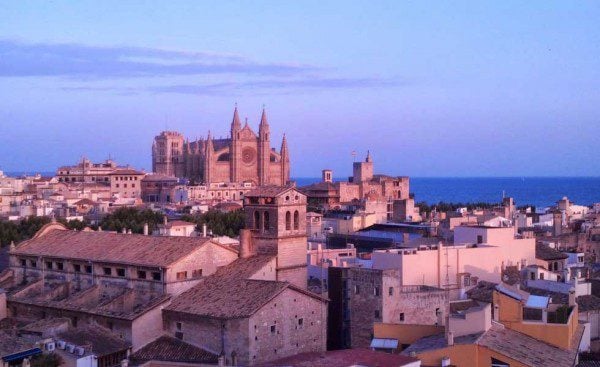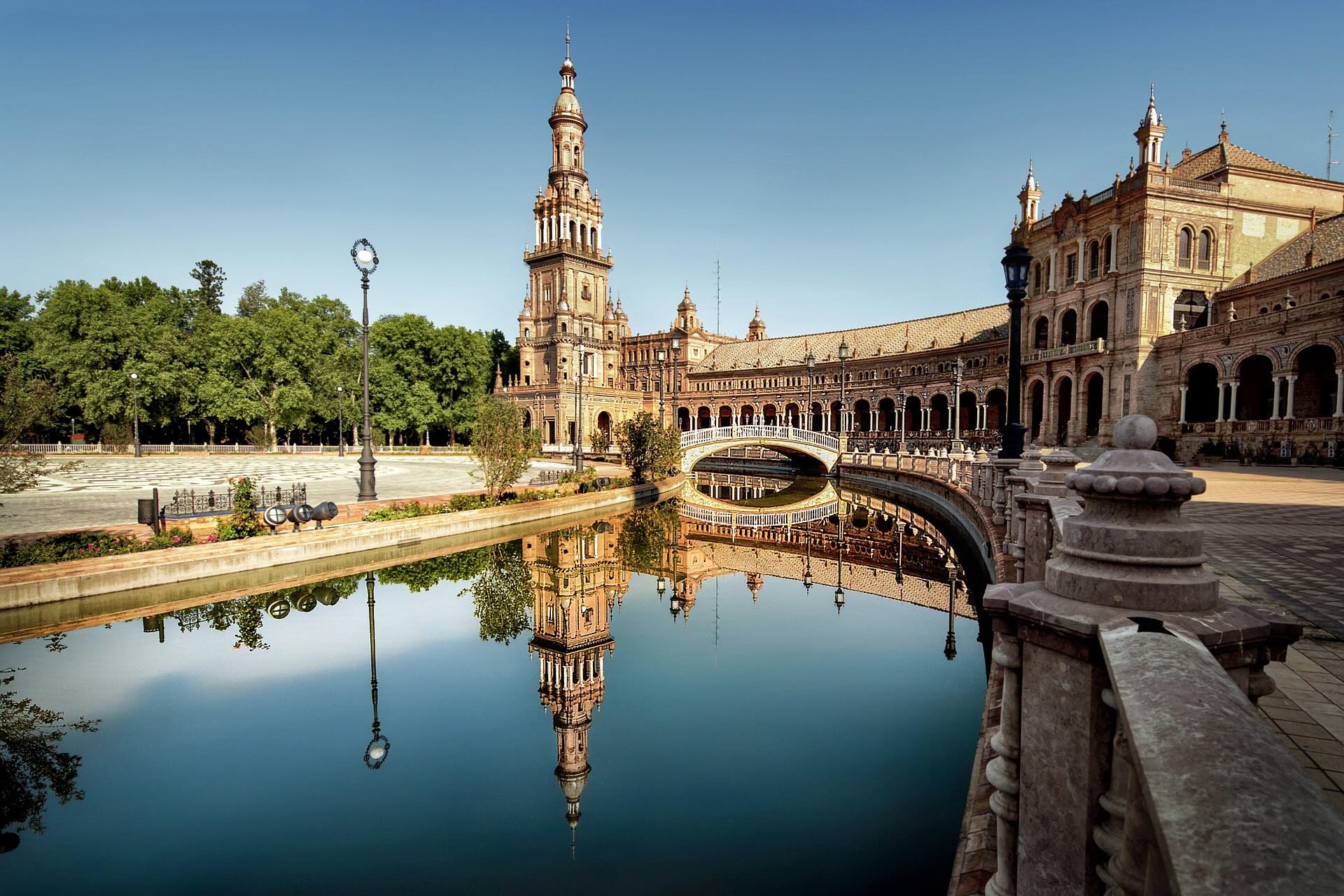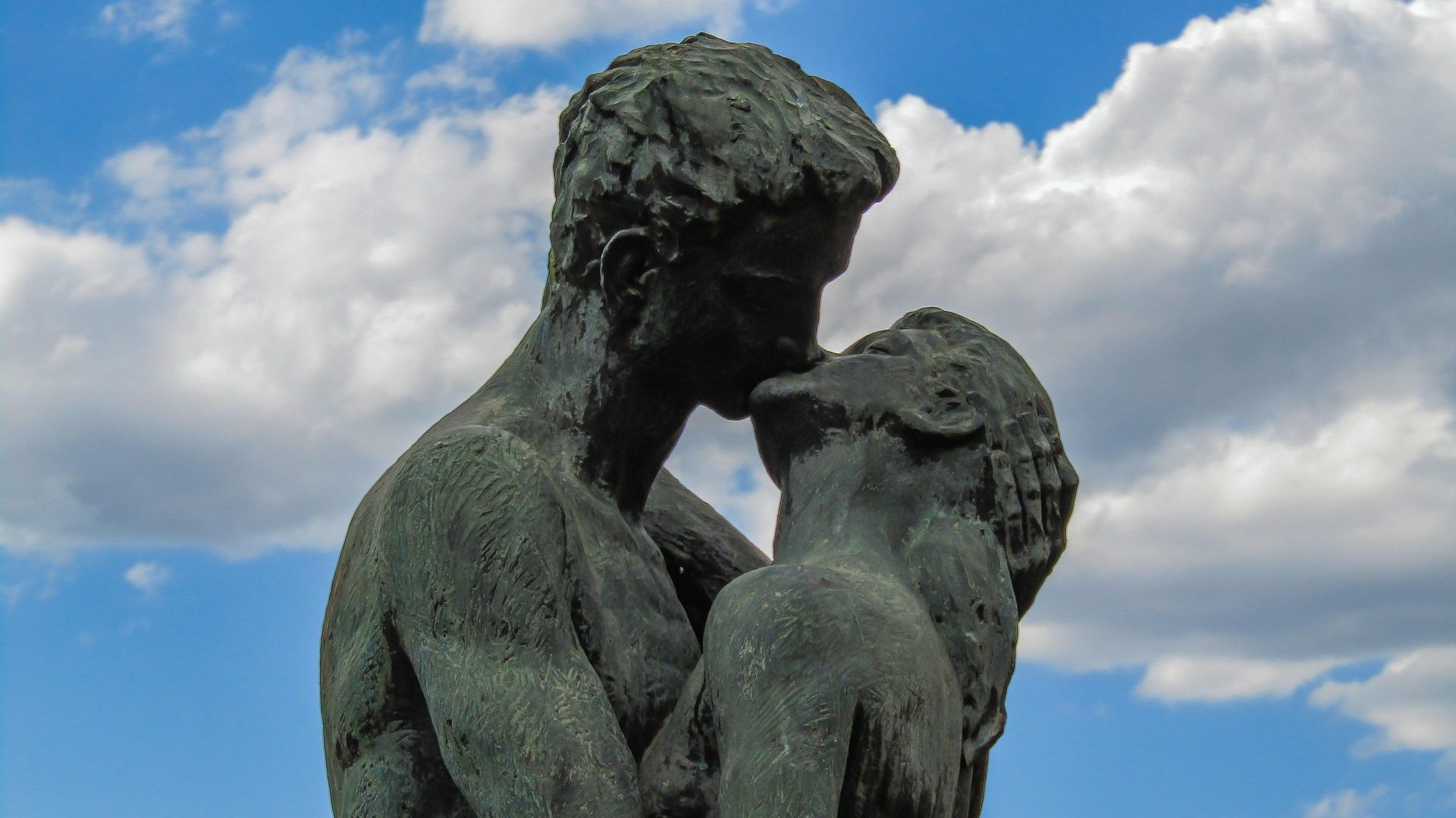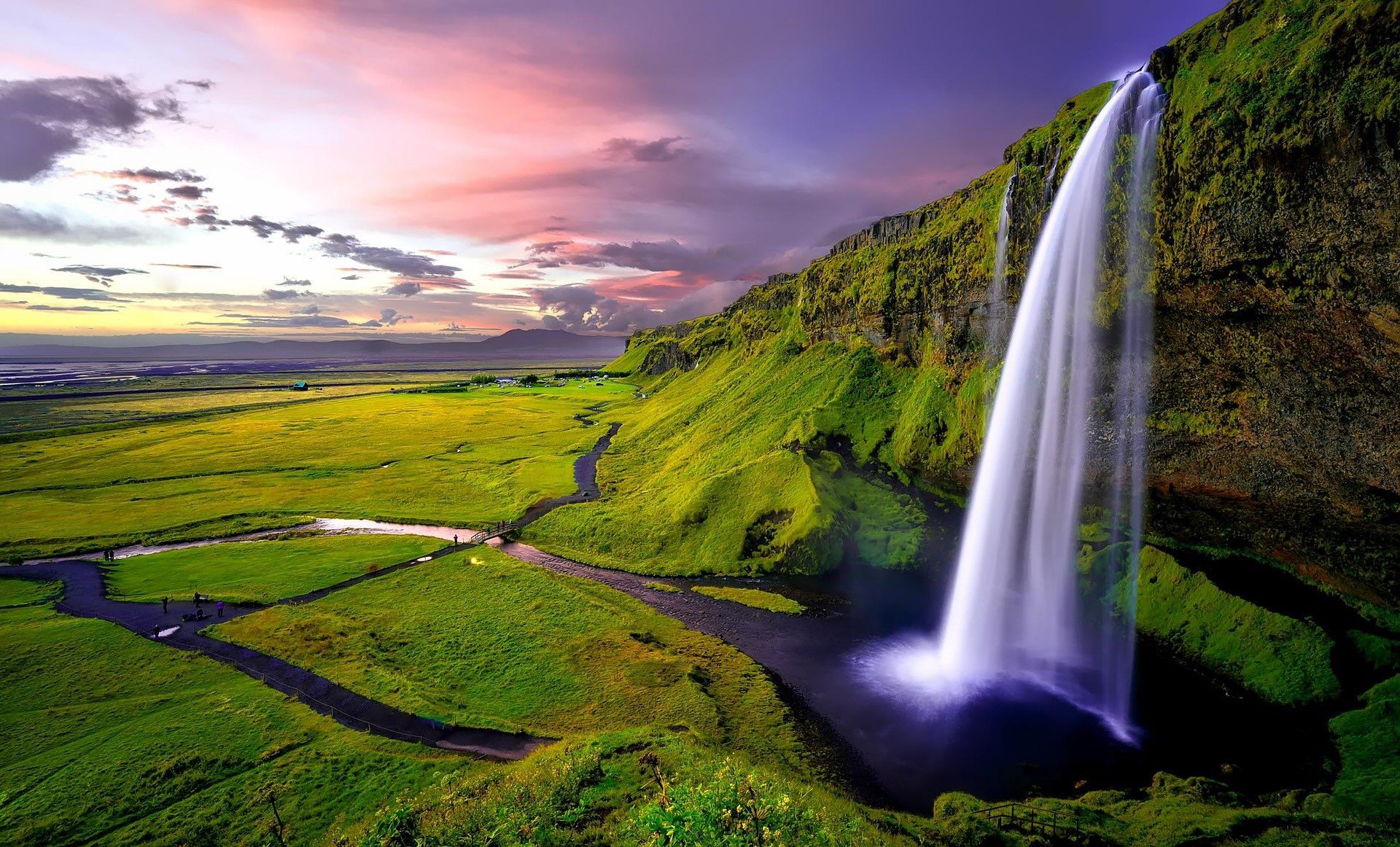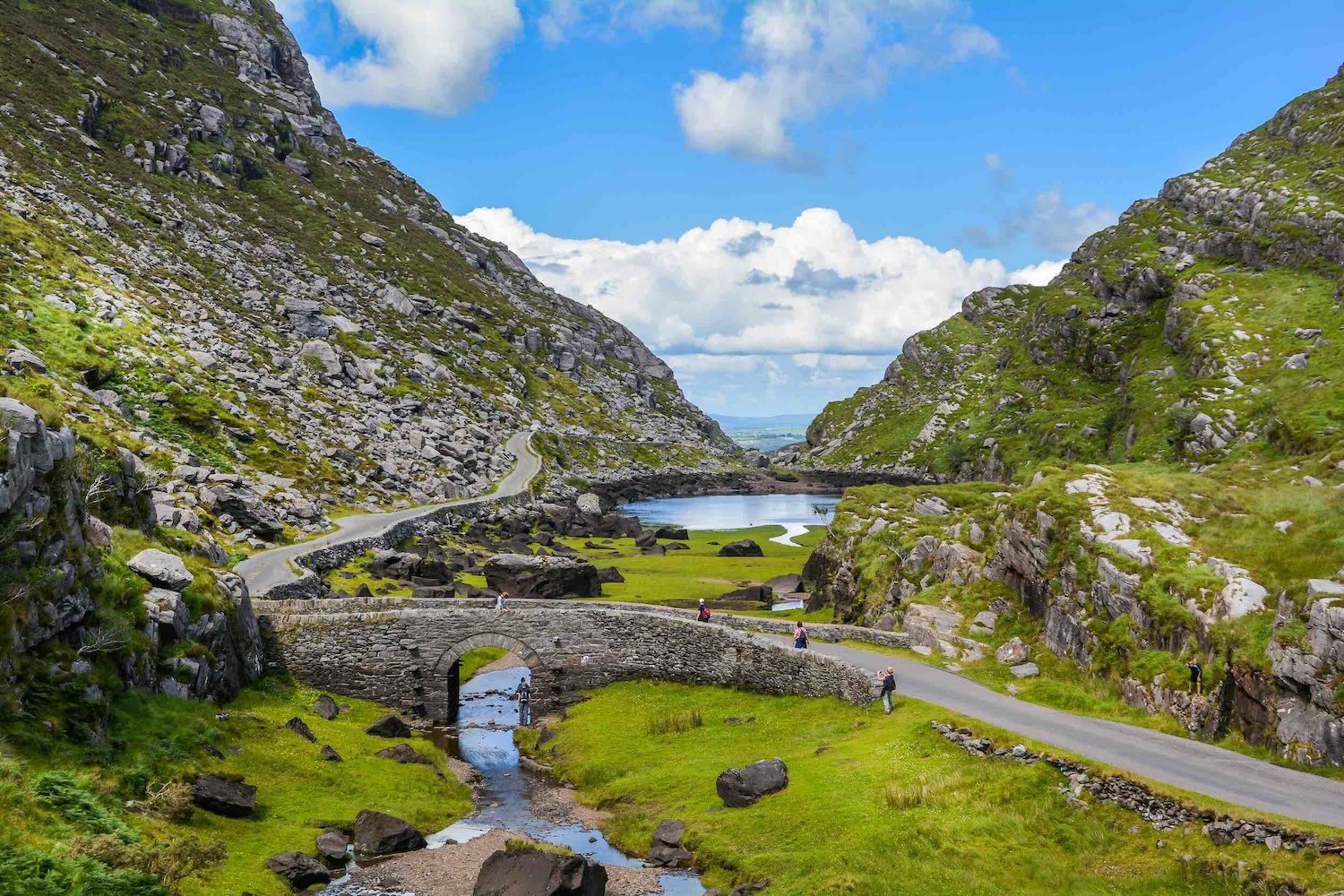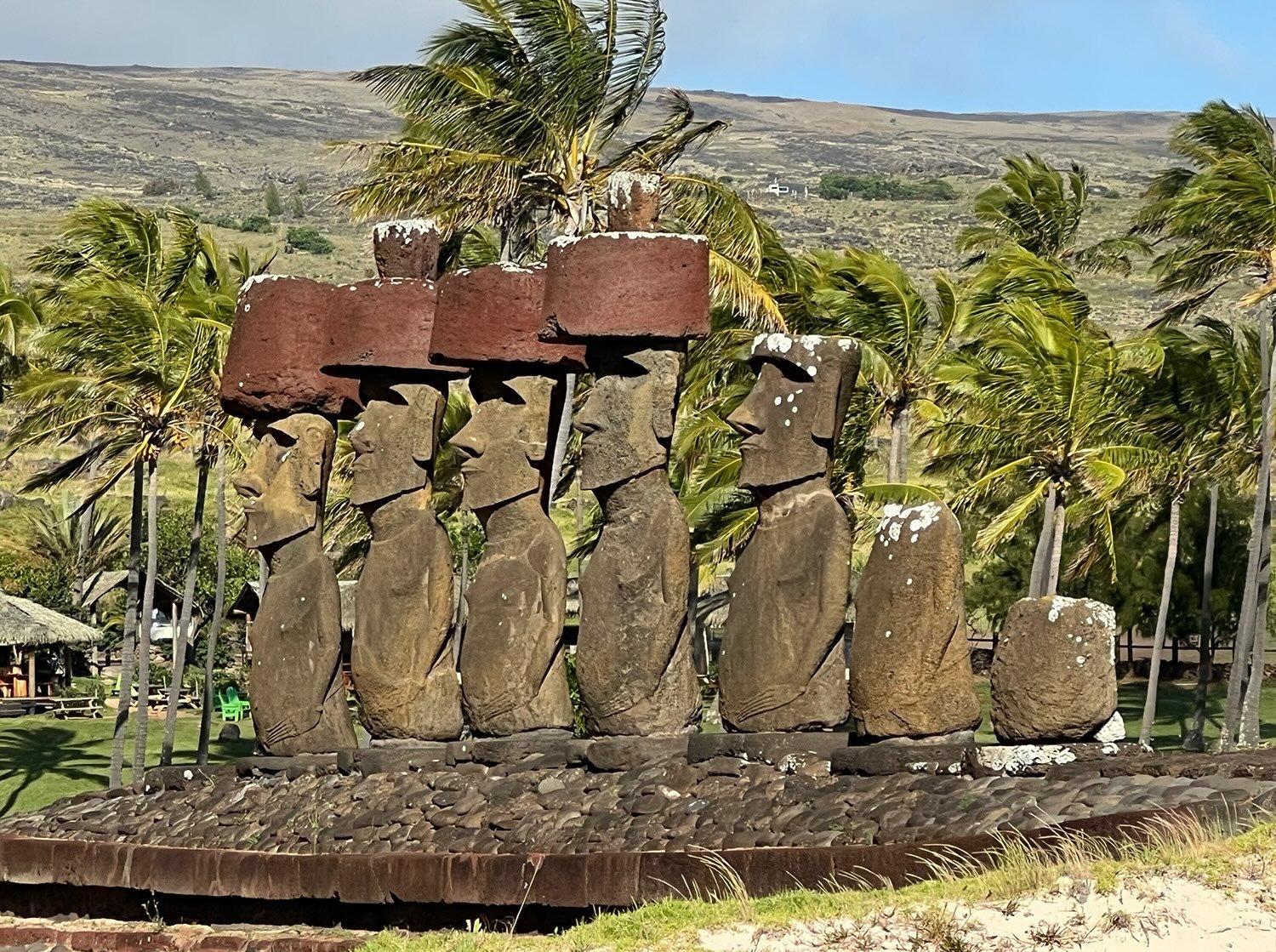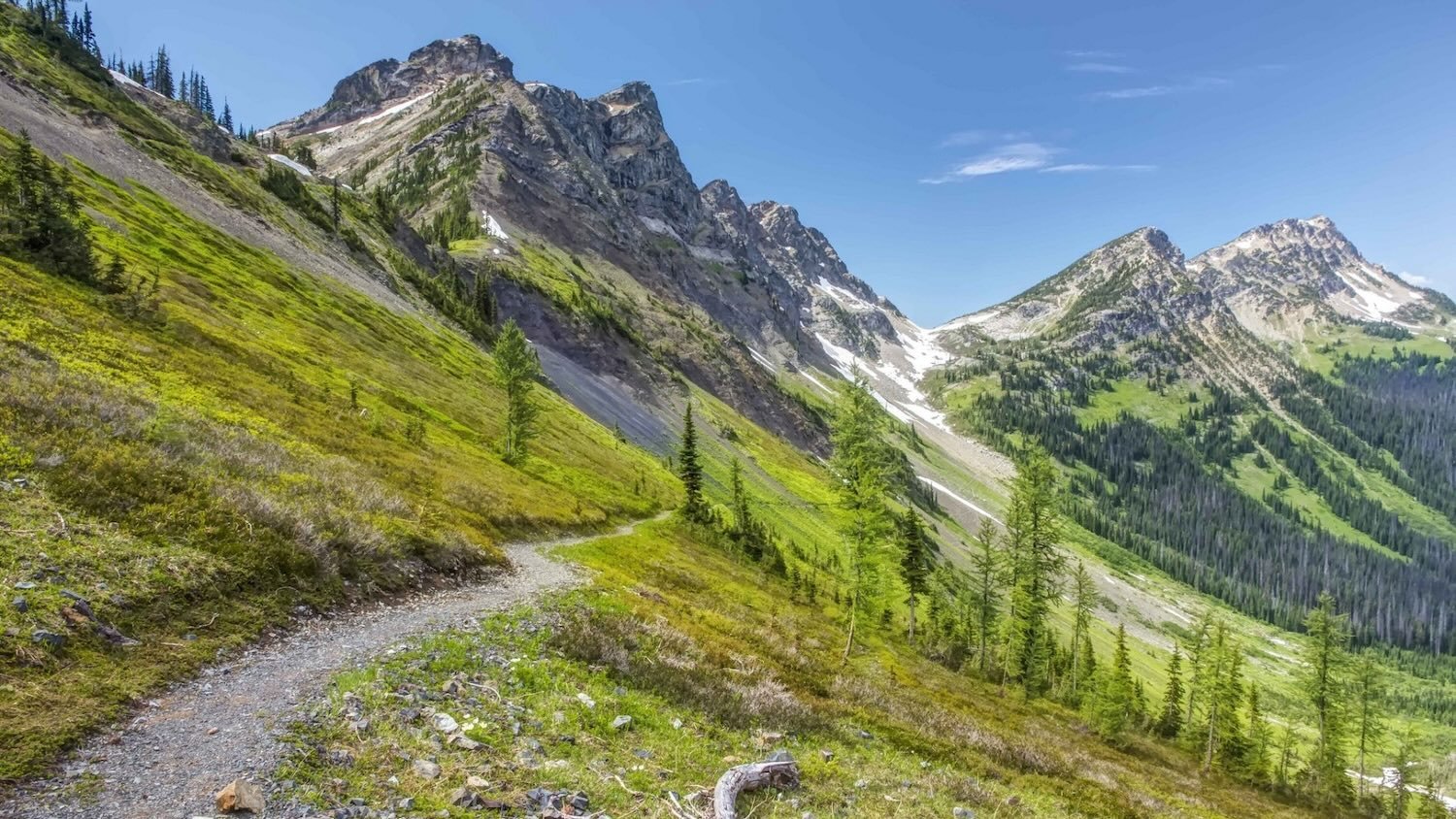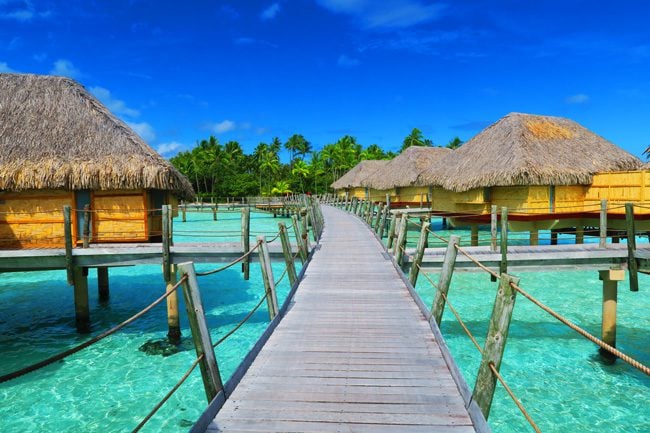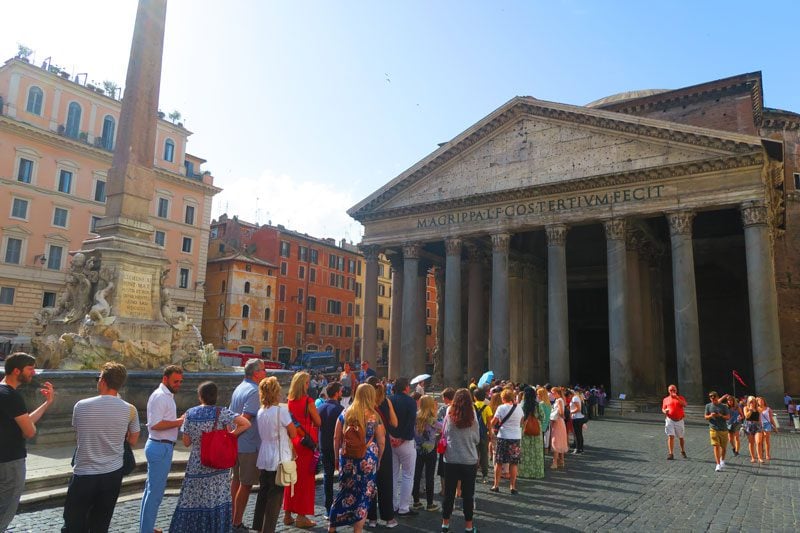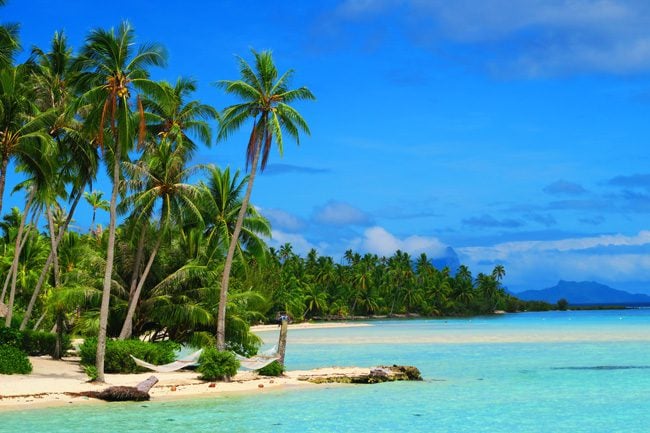Summer in Sicily! Road-tripping In Italy’s Largest Island
This is the story of an eleven-day, 1,073-kilometer road trip around Sicily. Also known as God’s Kitchen, Italy’s largest island is not only a culinary hub but also a diverse travel destination thanks to its rich history and exhilarating natural landscape.
Summer always seems to bring magic to southern Europe’s air. Everything comes to life, from the cicadas to the piazzas. After a couple of Europe-less summers due to Covid and fond memories from another Italian island, it was time to rekindle the flame and return to the Mediterranean coast. So, on the last day in June, I headed to Sicily on a couple’s trip with a combined mission to relax and explore the island. We started and ended the journey in Palermo, almost circling the island on the days in between.
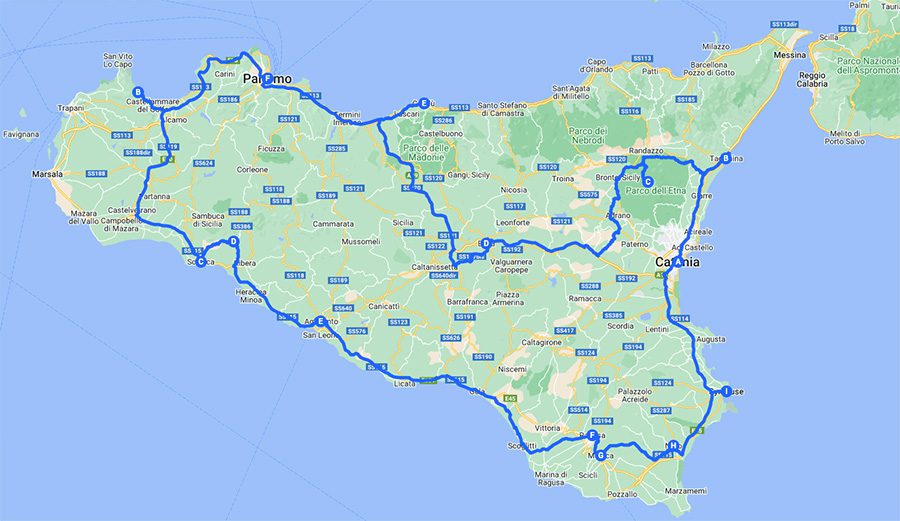
Here are some of the trip’s highlights.
Palermo
We started our road trip around Sicily in Palermo, the island’s largest city. Palermo has a tightly-packed historic center that showcases the city’s mix of cultural influences over the ages, including Byzantine, Arabic, and Baroque. Despite 40-degree weather, we spent almost two days exploring Palermo, hopping from one lavish cathedral to the next, shopping with the locals in outdoor markets, and enjoying the local cuisine.
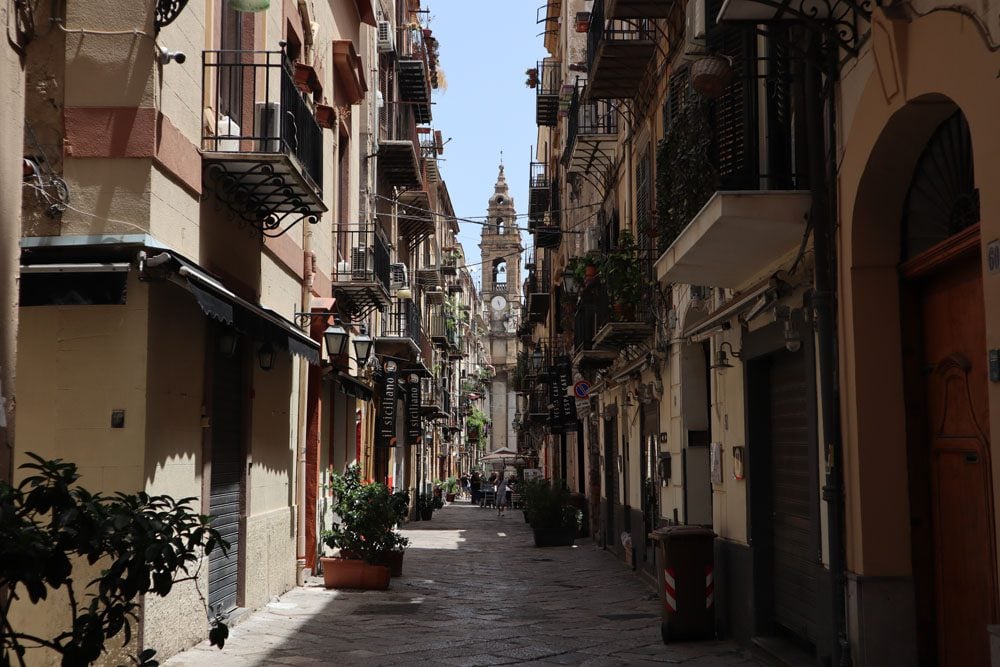
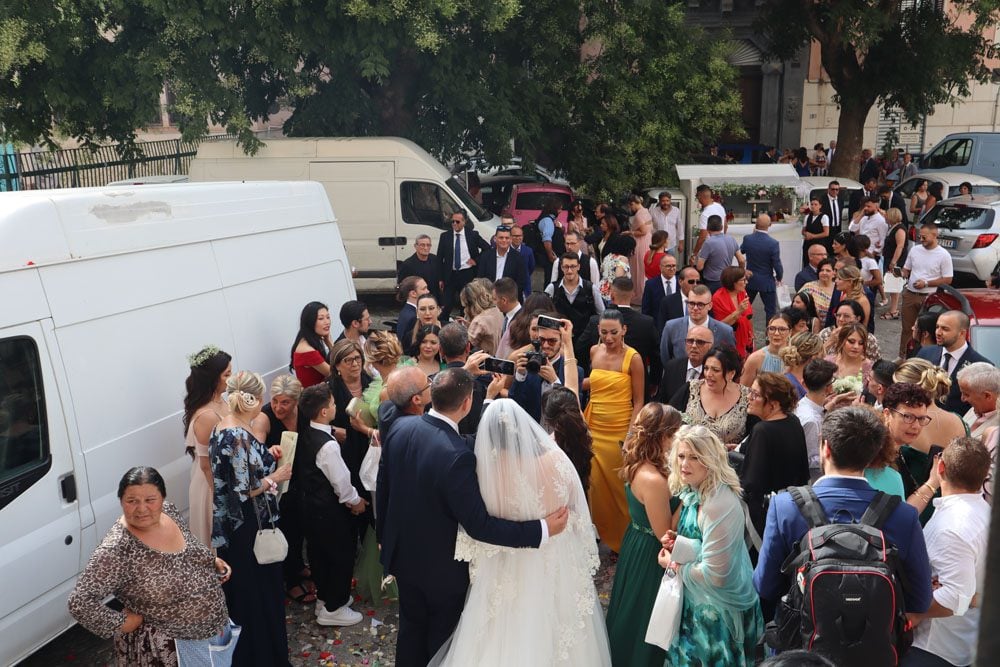
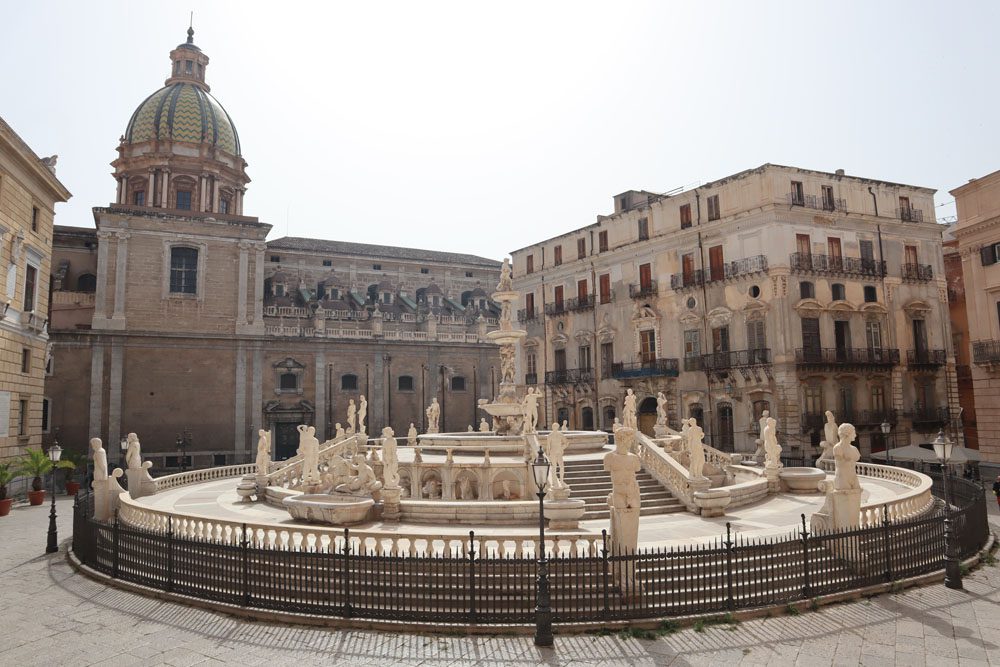
Notable mentions go to the mosaic-covered 12th century Palatine Chapel, the vibrant Mercato del Capo and the working-class-oriented Mercato di Ballarò, and the Chiesa di Santa Caterina d’Alessandria with its tranquil interior courtyard and rewarding rooftop views.
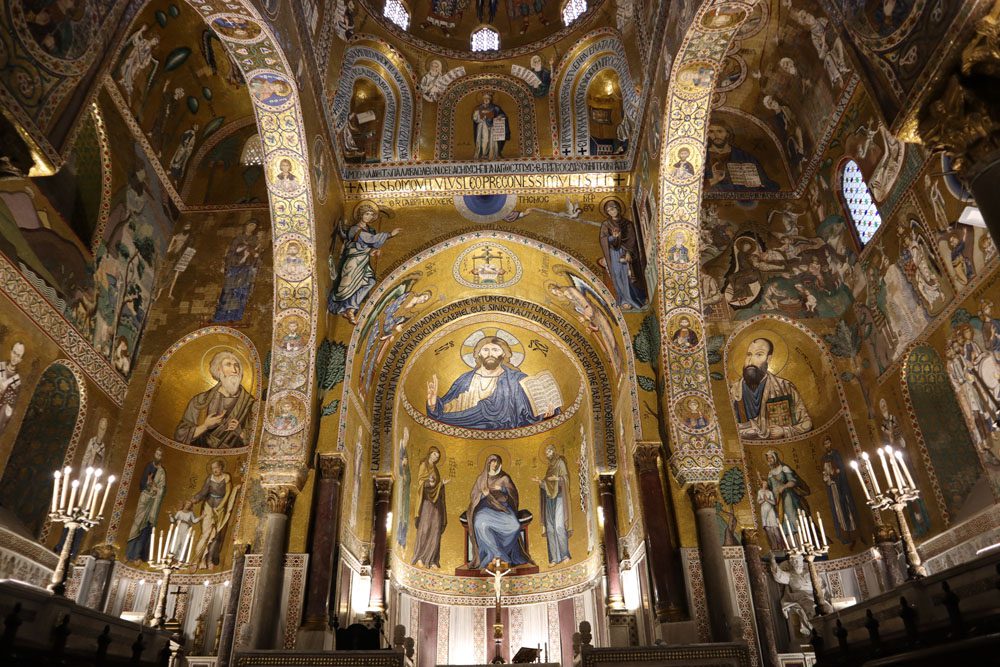
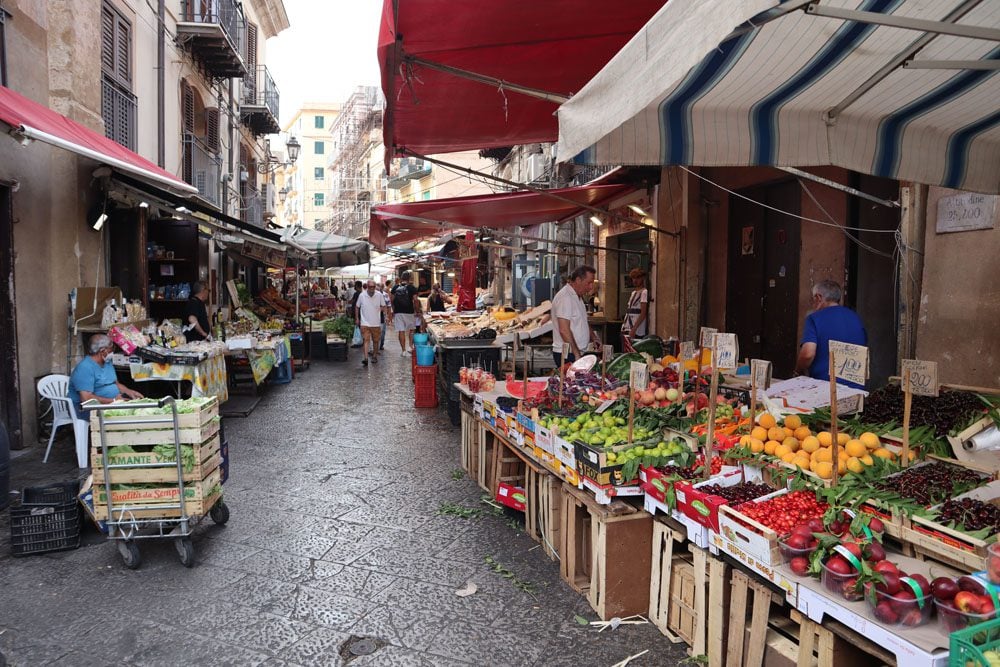
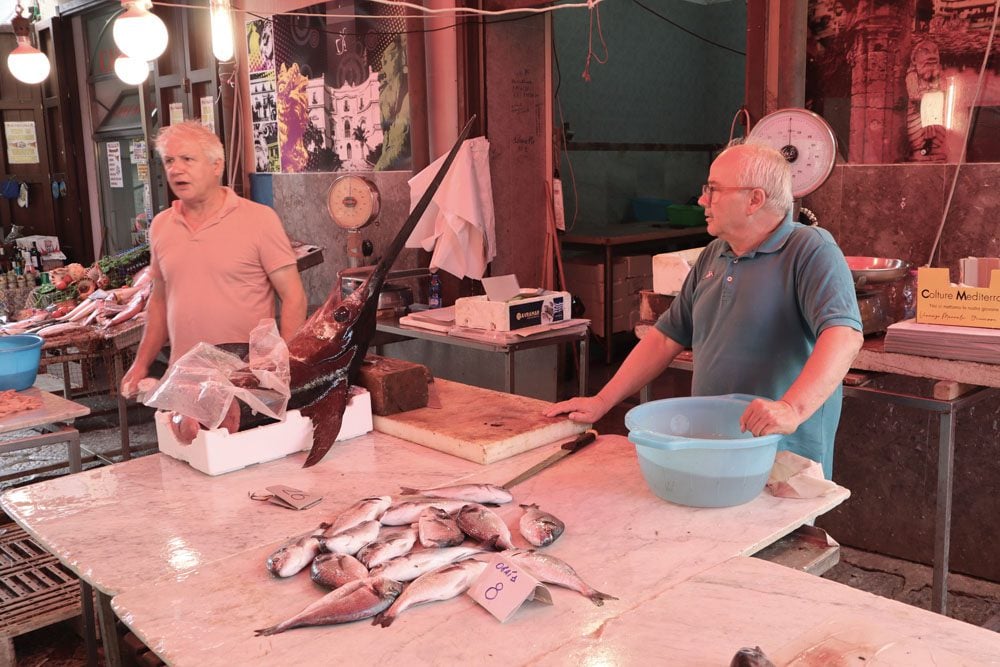
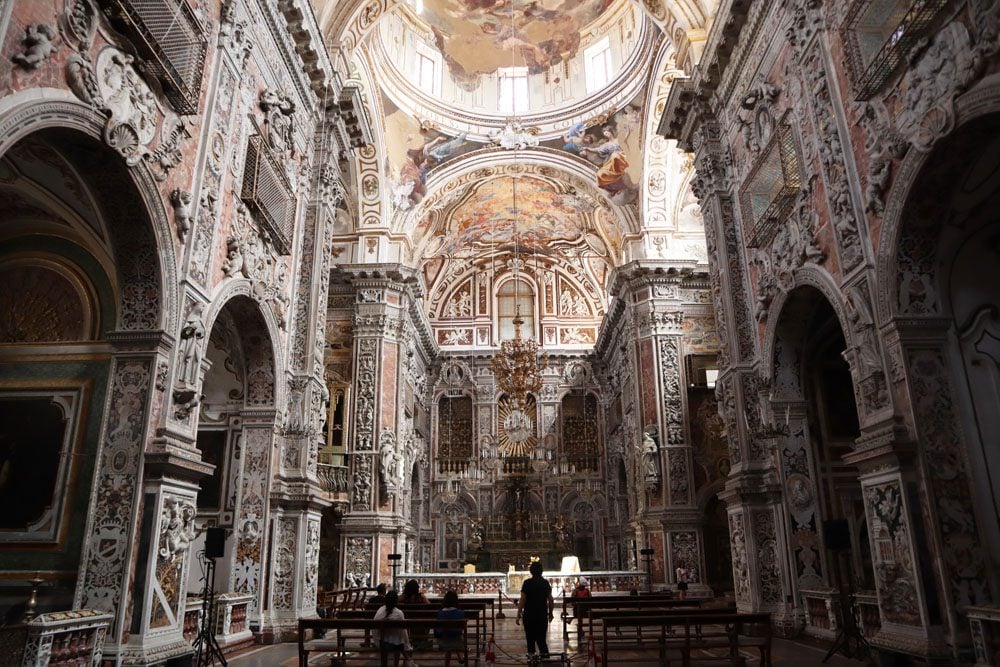
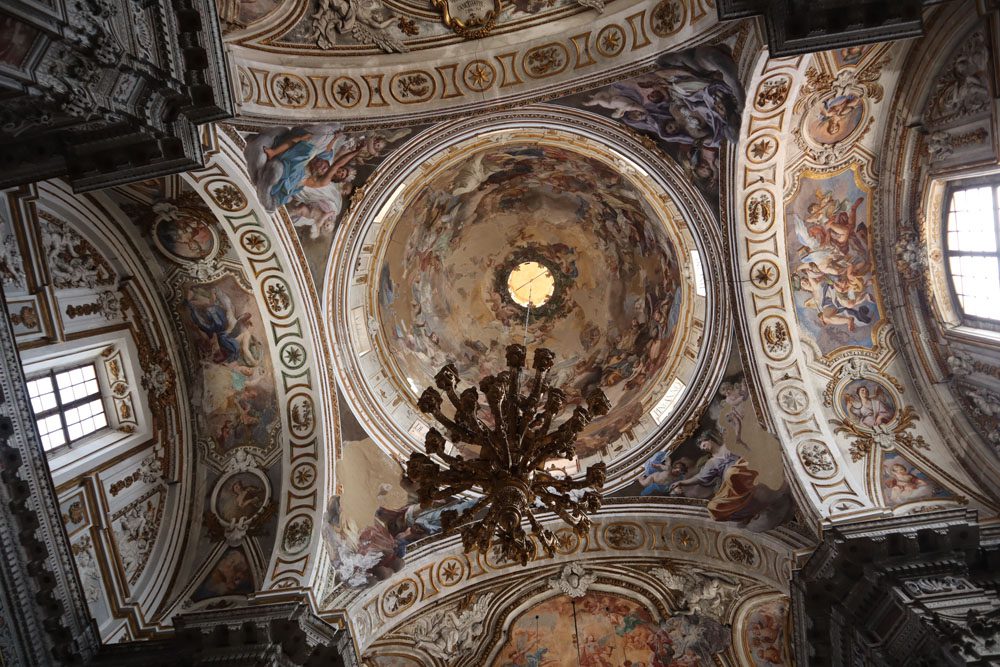
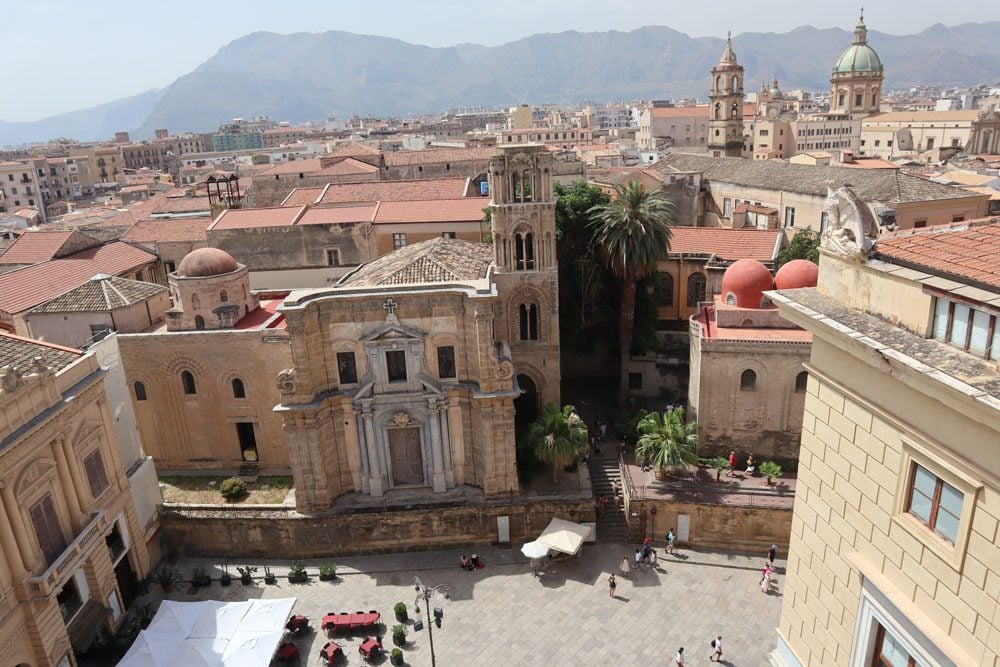
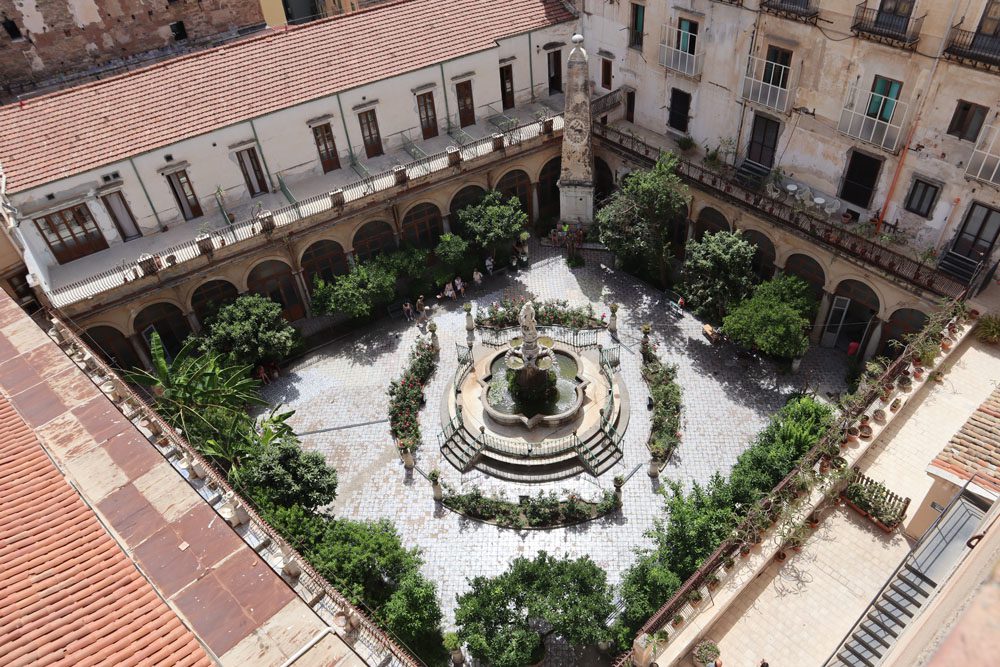
Sicily’s Trash Problem
On the downside, once you leave the touristy historic center, some of Palermo’s (and Sicily’s) current challenges quickly surface. It appeared to us that there is a massive shortage in municipal resources to take care of basic “cosmetics,” such as clearing weeds from sidewalks, fixing sidewalk cracks, pumping water in the city’s extravagant fountains, and clearing trash.
Trash is a serious issue throughout Sicily, and there isn’t any apparent reason. Domestic waste is piling up on the roadside, both in the cities and the countryside. We heard this is not due to bad manners but rather to a killer combination of waste mismanagement and crippling EU environmental regulations. Nonetheless, we found it difficult to understand how local communities do not take action, especially in some areas where garbage is everywhere.
Zingaro Reserve
After a couple of days in Palermo, we rented a tiny Lancia Ypsilon for the next nine days to circle the island. Driving in Sicily is a challenge even for an experienced driver, not so much because of the manual gear but more due to the aggressive driving culture and poor state of many of the island’s intercity roads.
From Palermo, we made the customary pilgrimage to the Monreale Cathedral, Sicily’s most famous religious site, before meeting the coastline in the beautiful seaside village of Castellammare del Golfo with its picturesque harbor. Finally, we spent the night in the tiny community of Scopello at Pensione Tranchina, a highly-acclaimed family-owned bed and breakfast known throughout the region for its exceptional dinners.
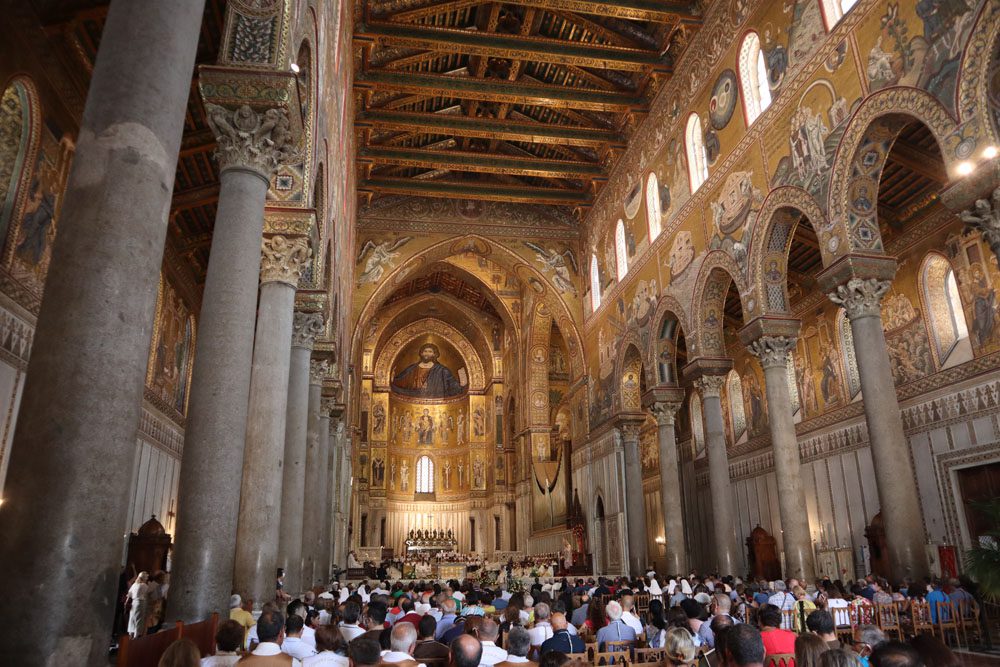
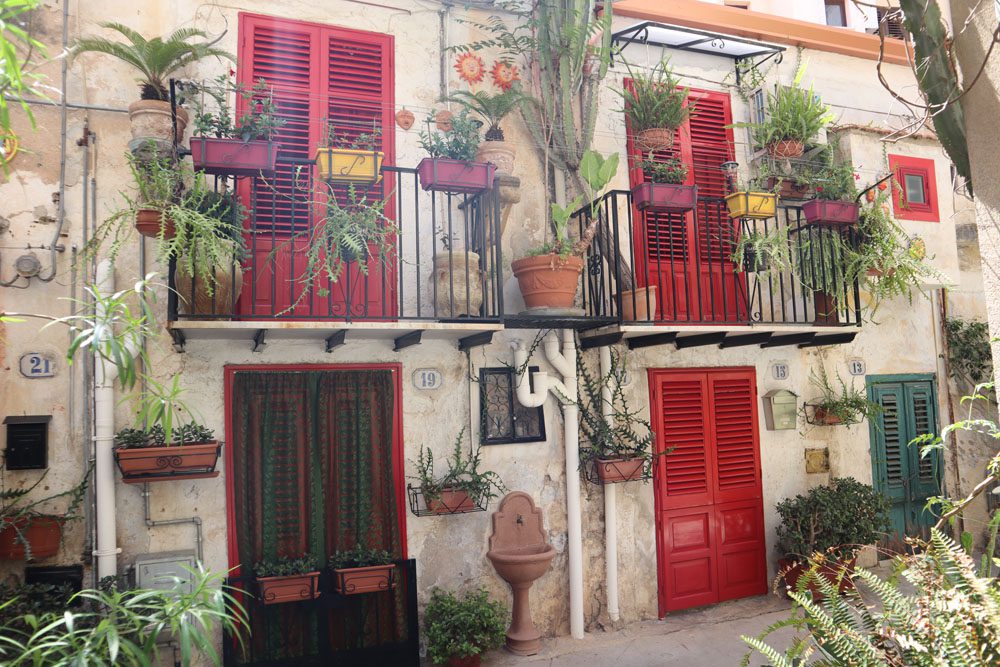
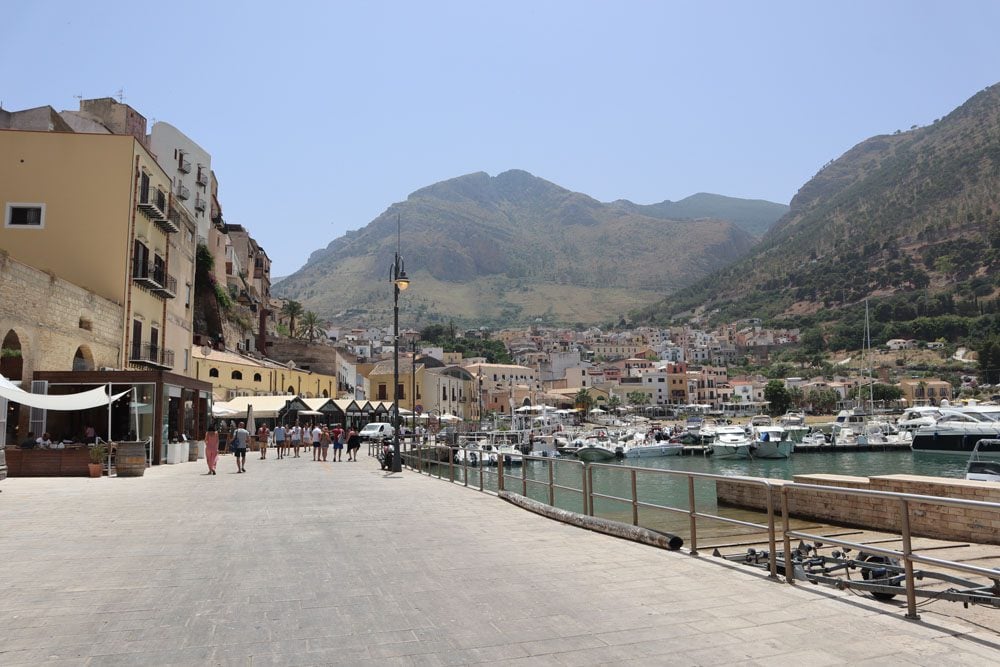
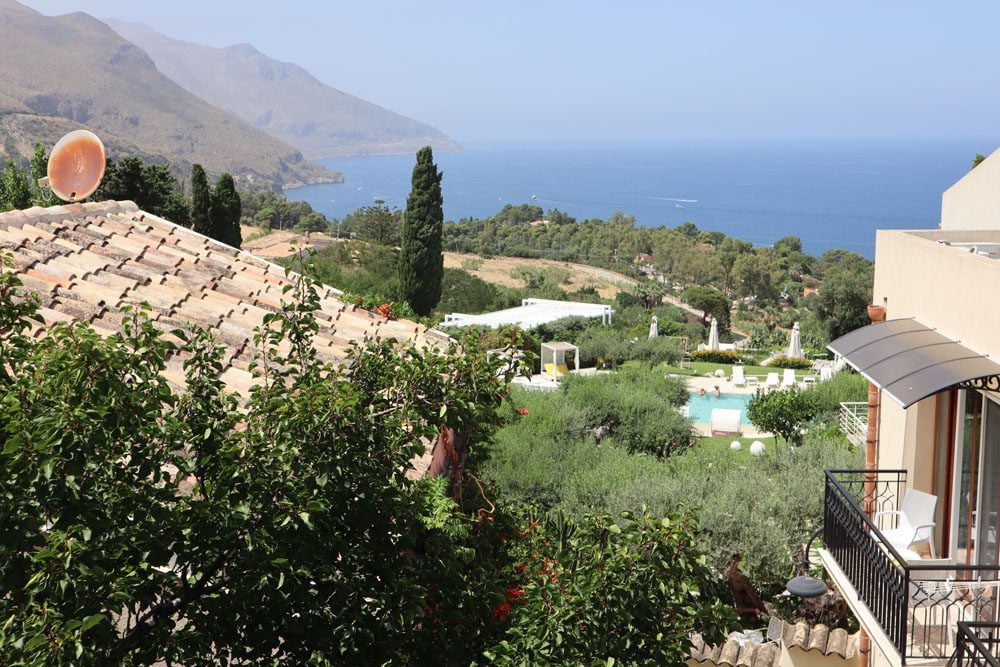
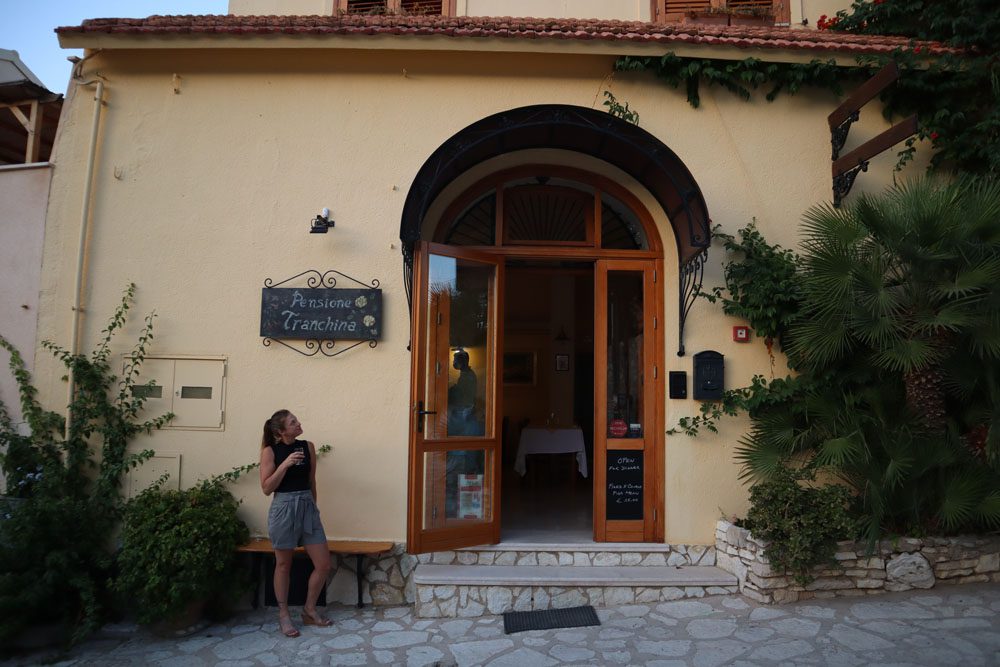
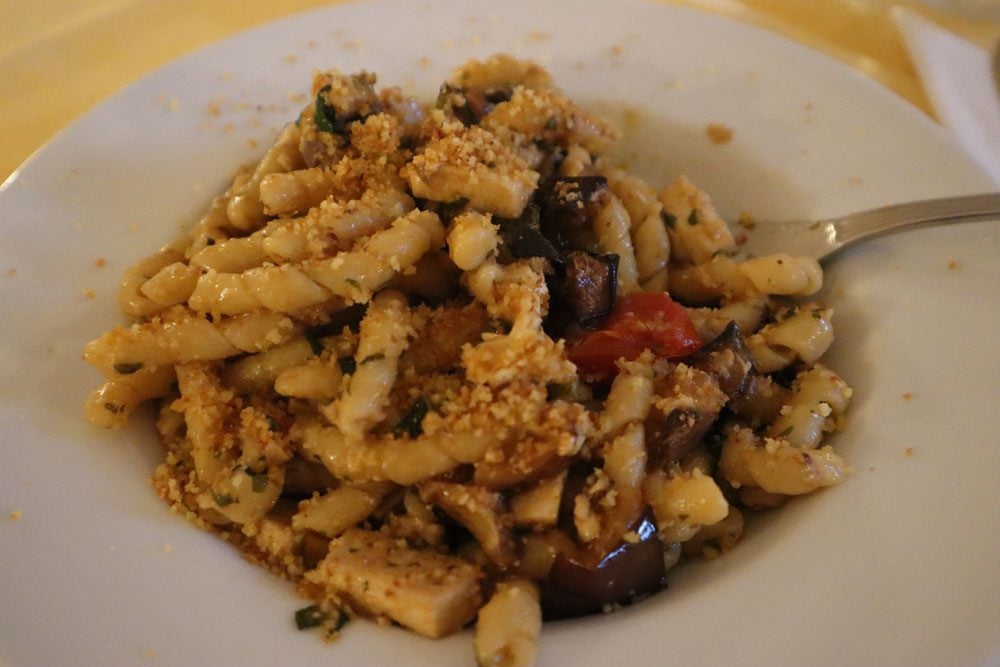
Scopello sits in the heart of one of Siciliy’s tuna fishing regions, and its claim to fame is the historic Tonnara di Scopello. This former tuna cannery was in operation from the 13th century to 1984. Nowadays, the scenic spot is a popular wedding venue and snorkeling site.
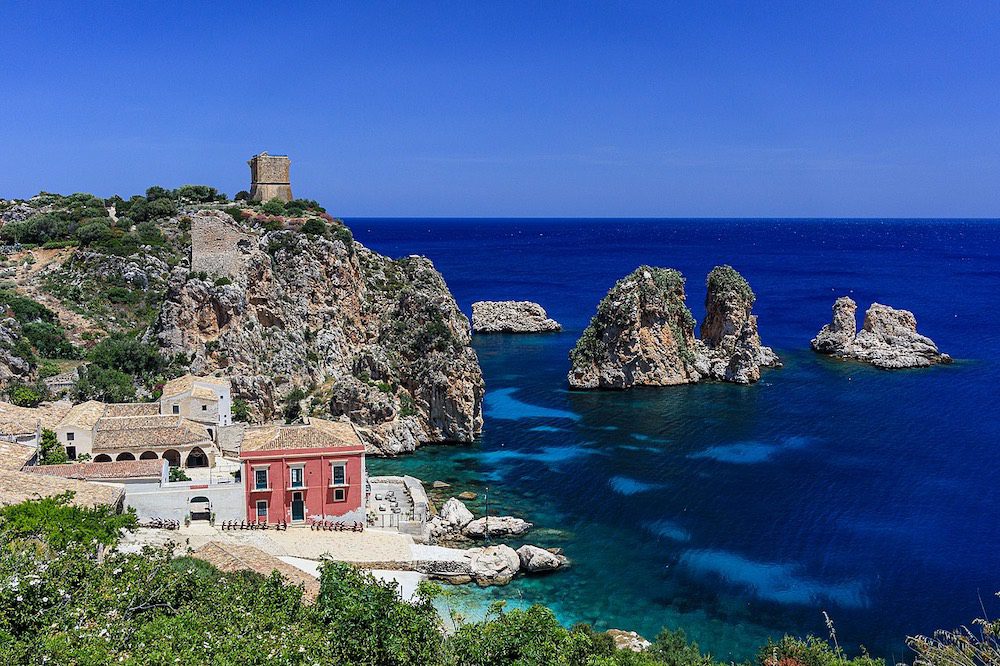
The main reason for visiting this side of the island is to explore the beaches of the Zingaro Natural Reserve. Established in 1981, Zingaro is Sicily’s first nature preserve. Despite the extreme heat, we hiked halfway on the seven-kilometer trail wedged between the soaring mountains and the sea to Cala Marinella. The clear water in this secluded cove and its numerous “secret spots” proved worthwhile, though I did get a nasty jellyfish bite while snorkeling.
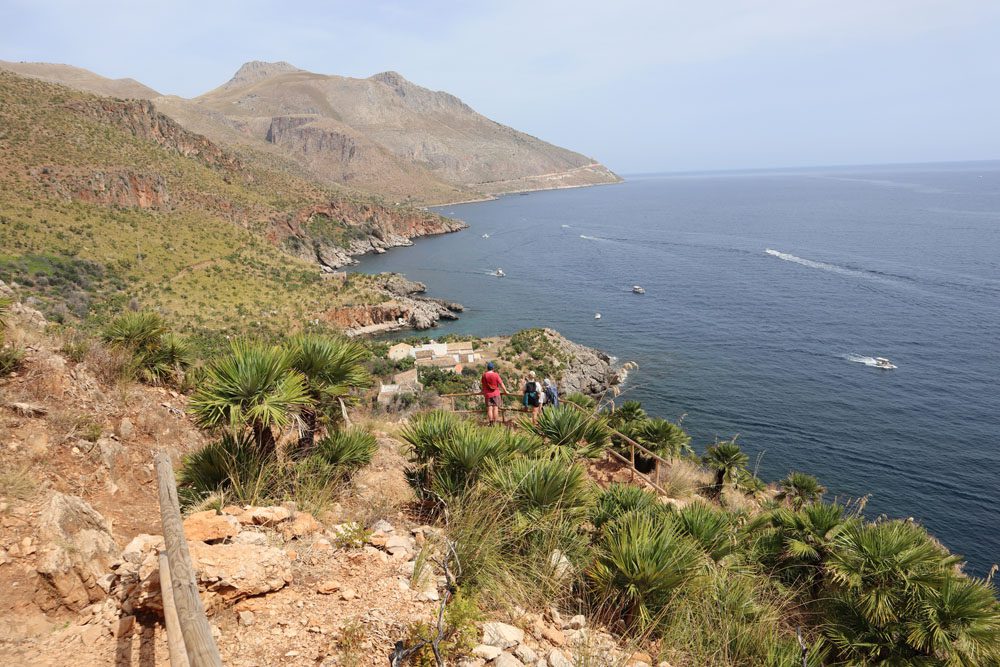
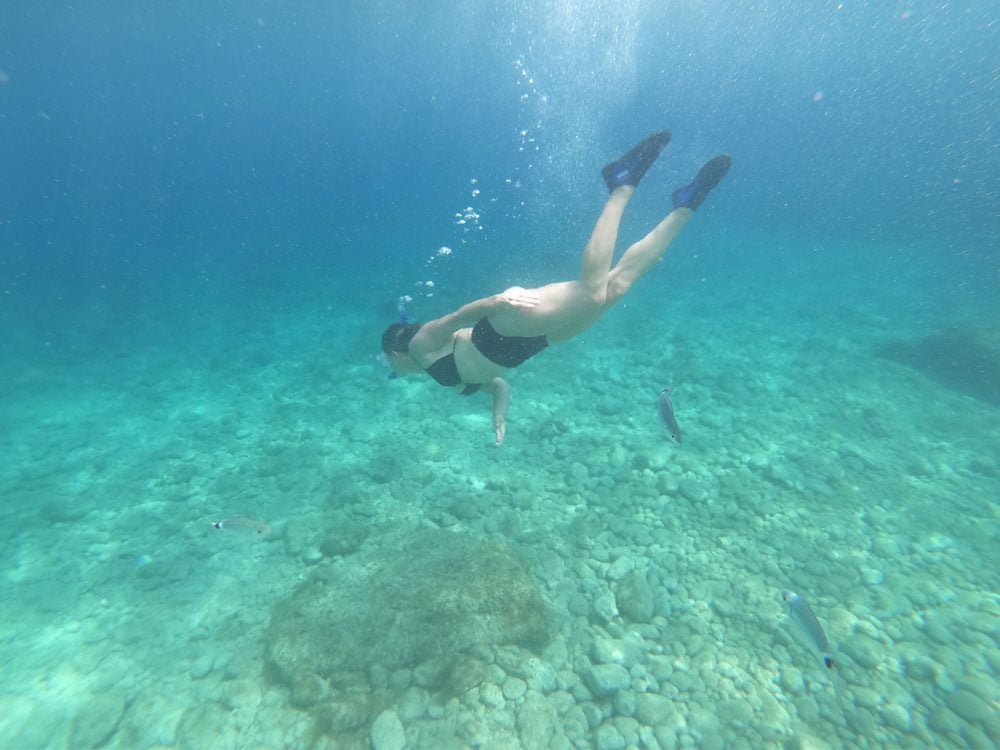
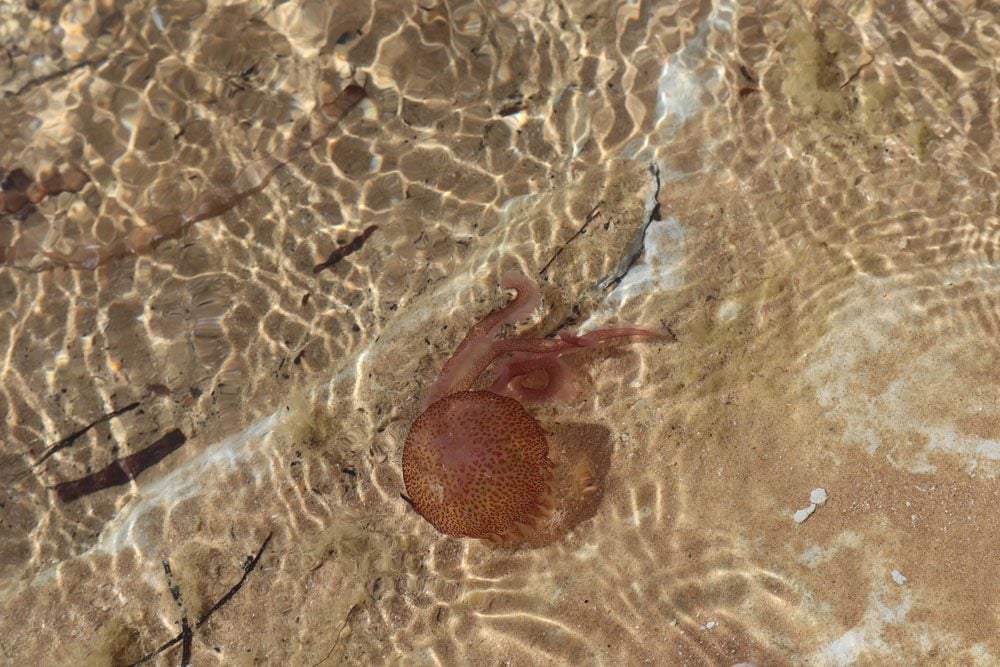
Agrigento
Our next stop was over two hours south in Agrigento. On the long drive from Zingaro, we stopped to check out the picturesque fishing port at Sciacca with its pastel-colored houses in the background and put the first gear into overdrive on the climb to one of Sicily’s most charming hilltop villages at Caltabellotta.
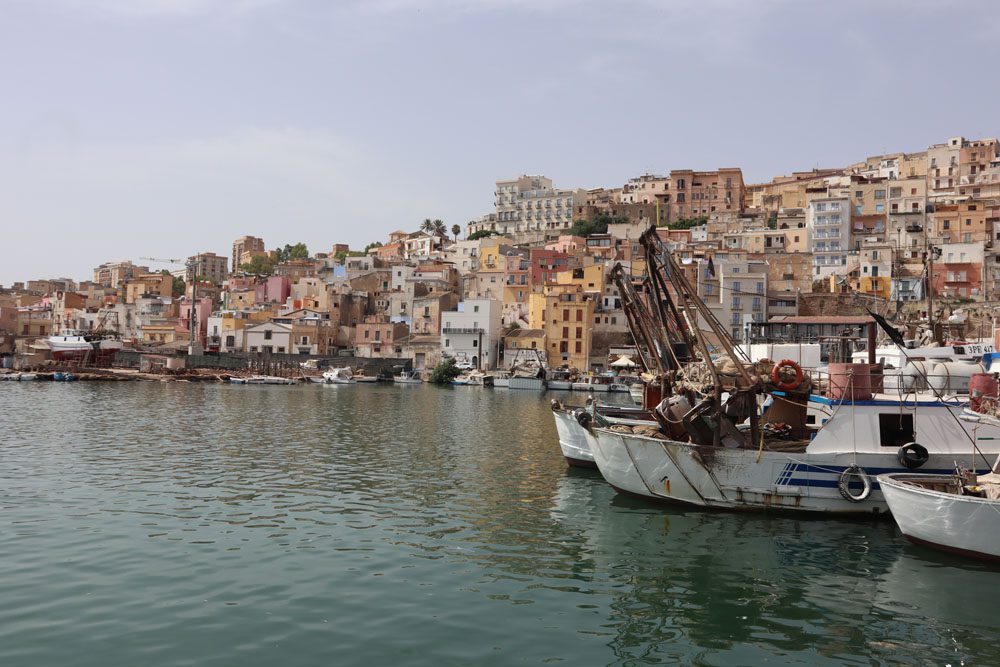
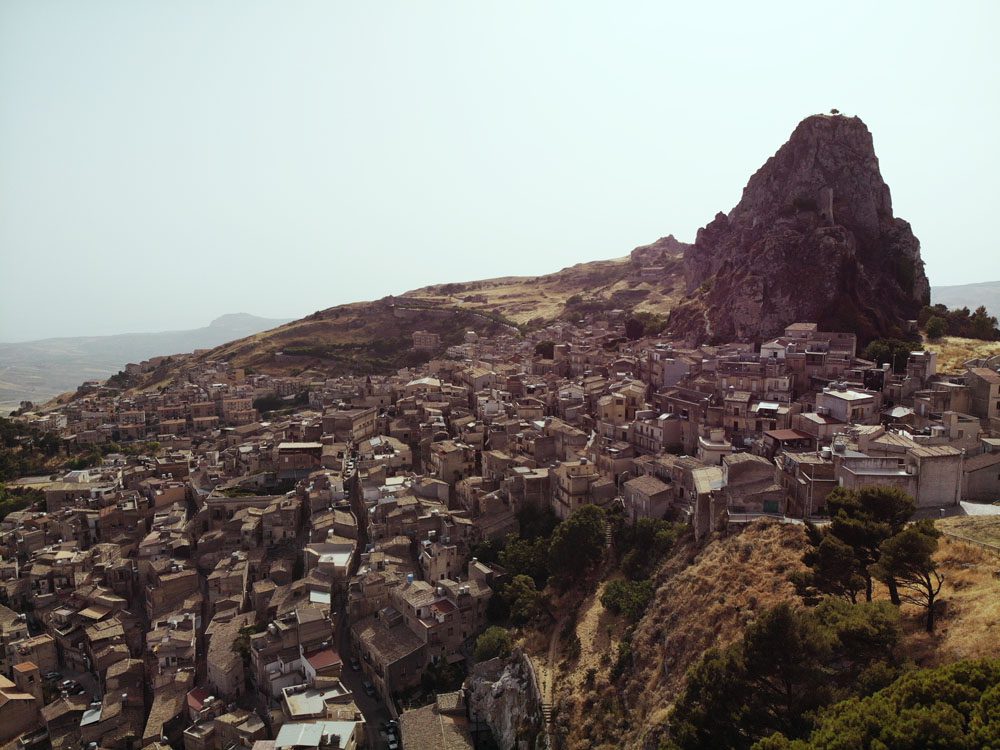
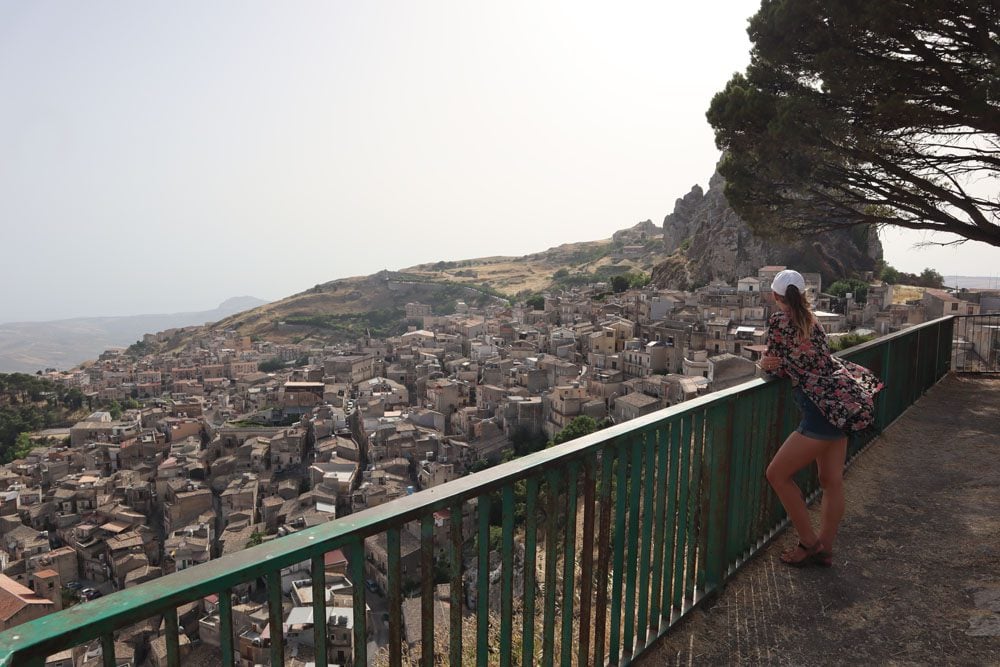
Agrigento is an optimal base for visiting some of Sicily’s finest beaches, but before hitting the beach, a dose of history is on the menu. Lying in the outskirts of Agrigento, the UNESCO-listed Valley of the Temples is Sicily’s most visited tourist site. The cluster of stunning ancient Greek temples is among Europe’s best preserved archeological sites from that era.
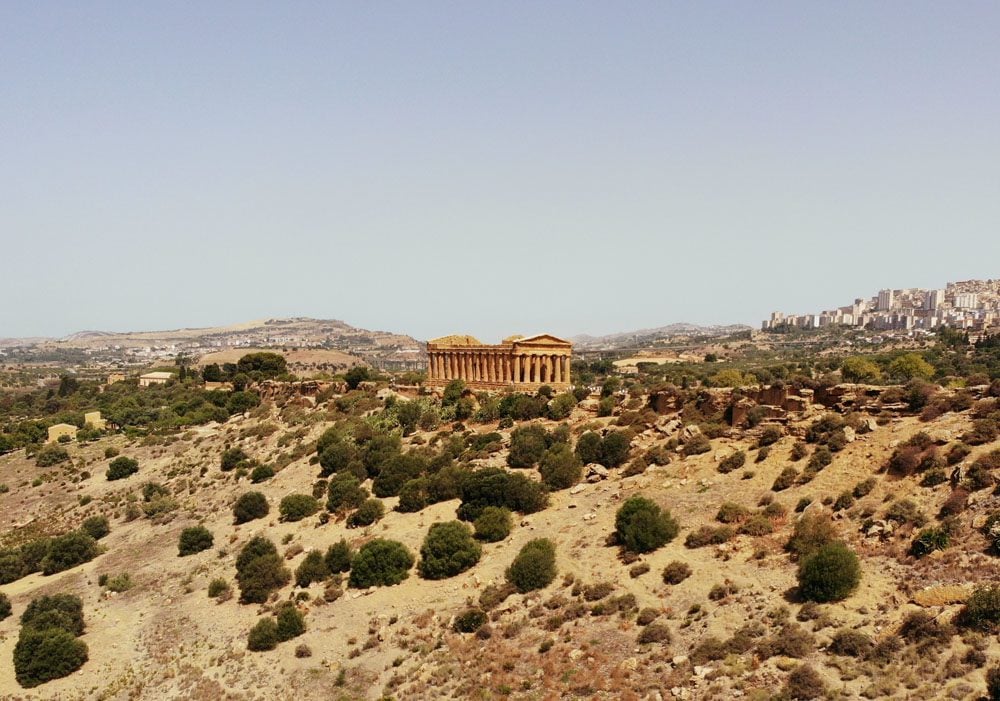
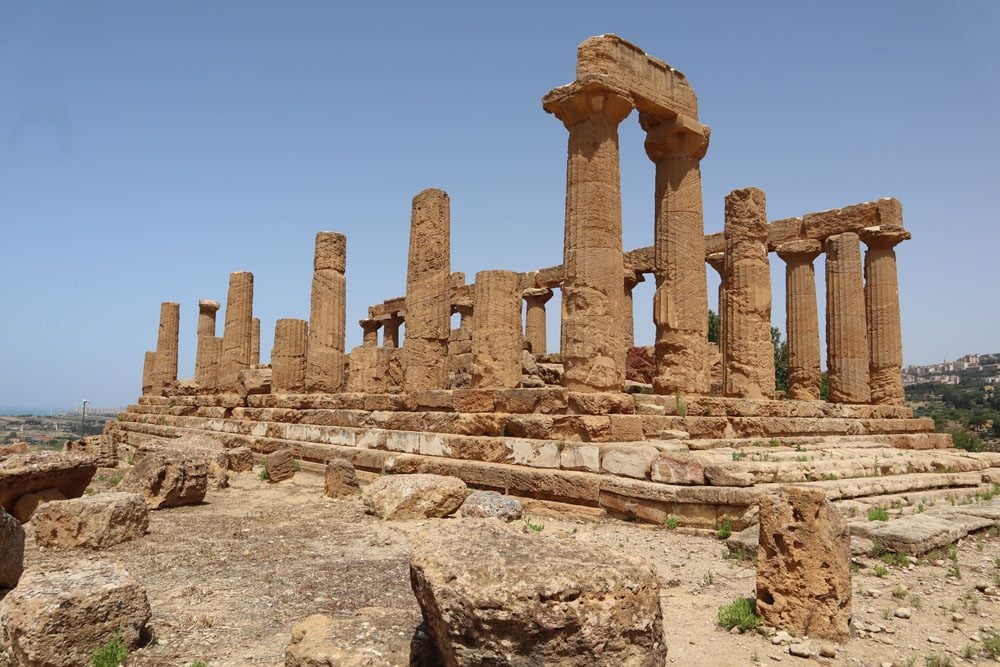
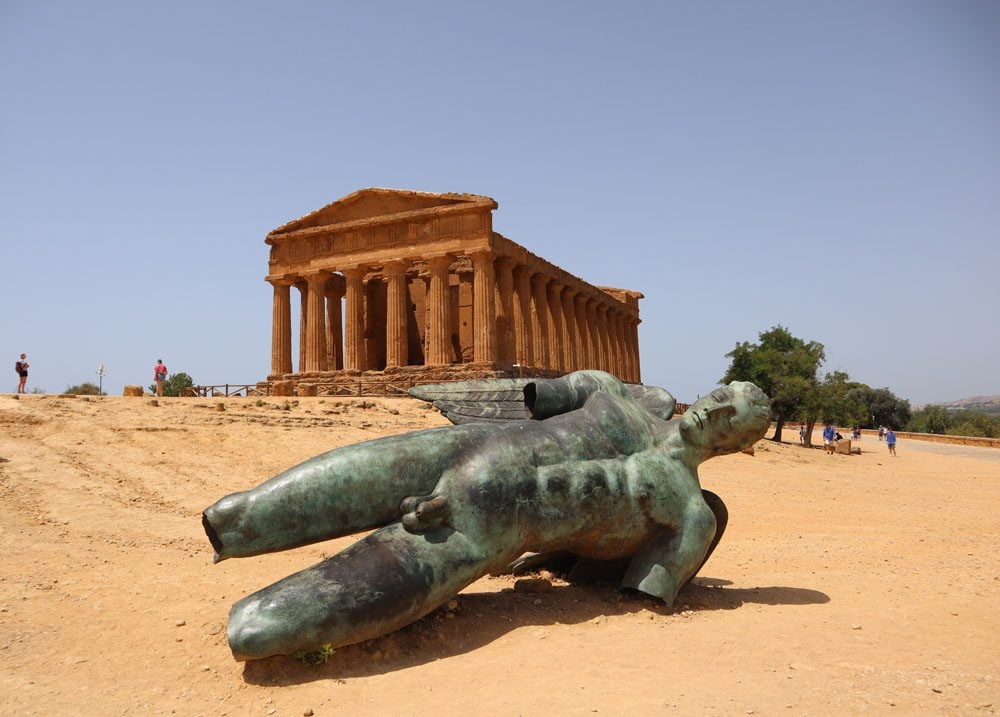
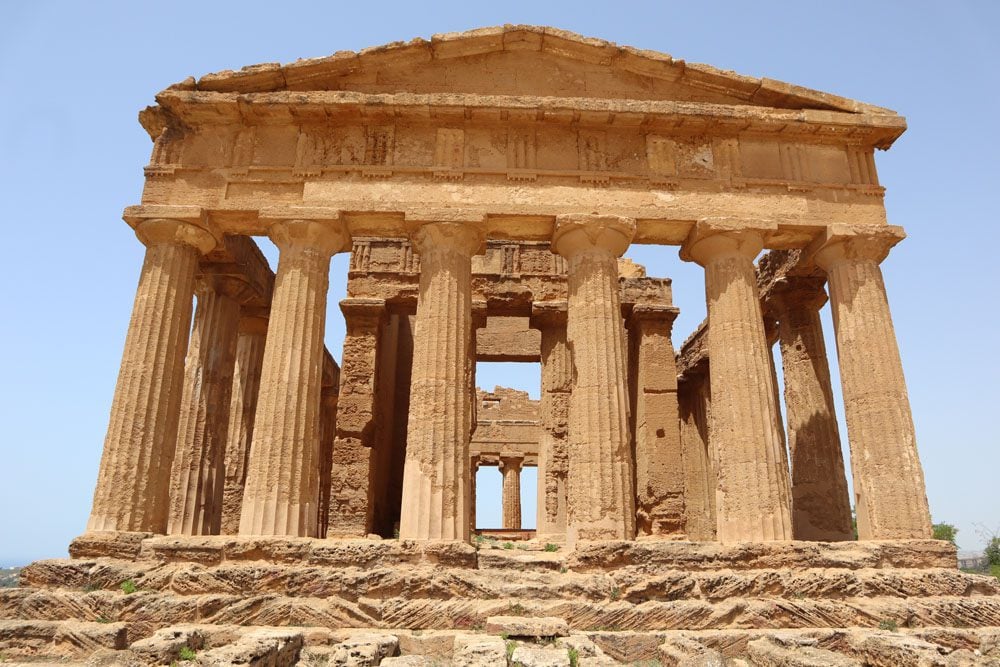
It’s hard to fathom how the ancient Greeks dealt with the extreme July heat. Perhaps they frequented the nearby beaches to cool off. We paid a quick visit to the Instagram-hyped Scala Dei Turchi (Turkish Steps) before getting off the beaten track (and the paved road) to find a private slice of paradise for the rest of the afternoon at Torre Salsa.
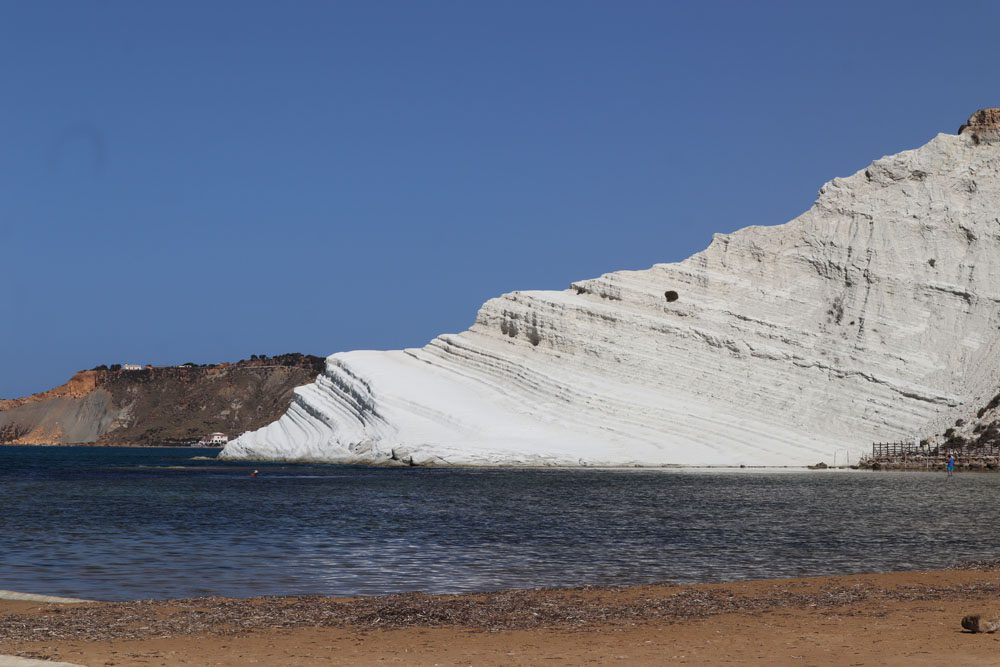
Torre Salsa is a natural park administered by the World Wildlife Fund, so there’s no development, including even basic amenities. The soft sand at Torre Salsa extends for miles in every direction, and the clear shallow waters are the perfect natural swimming pool to cool off from the scorching sun.
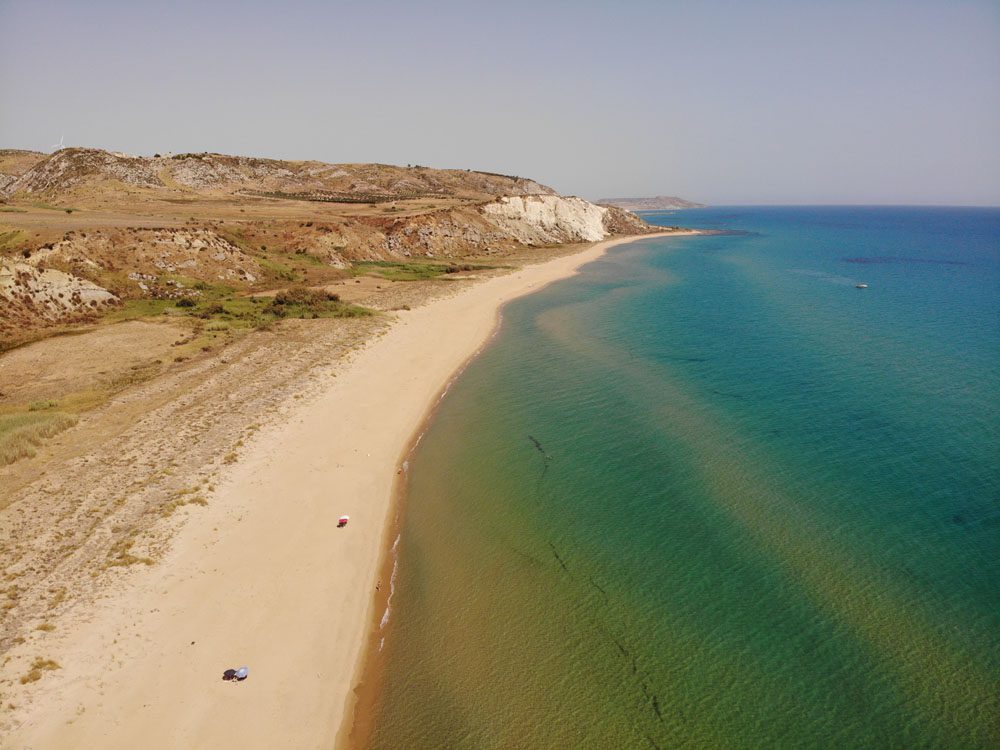
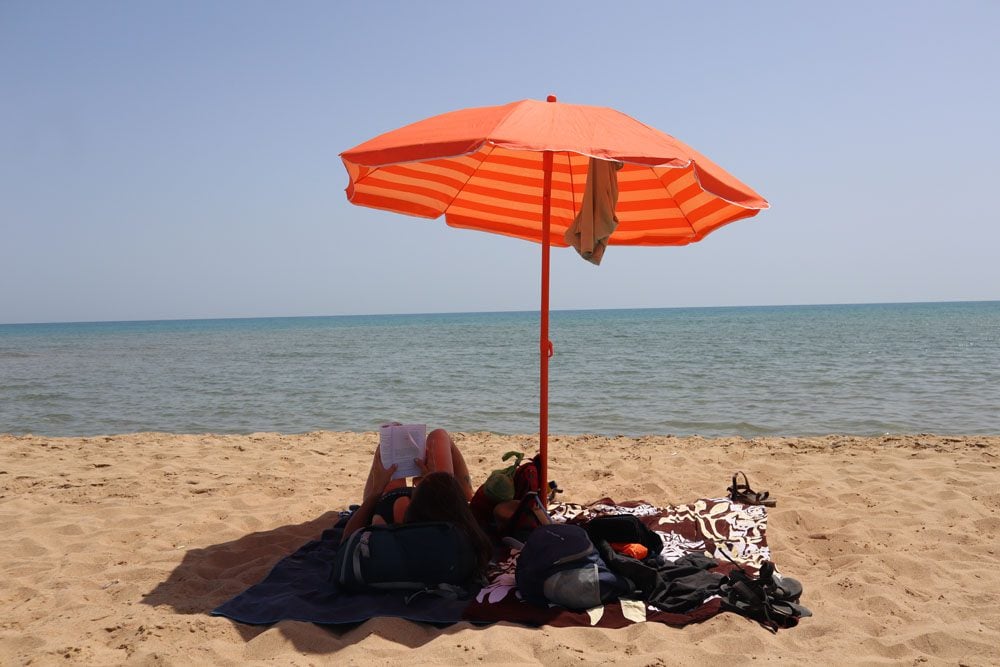
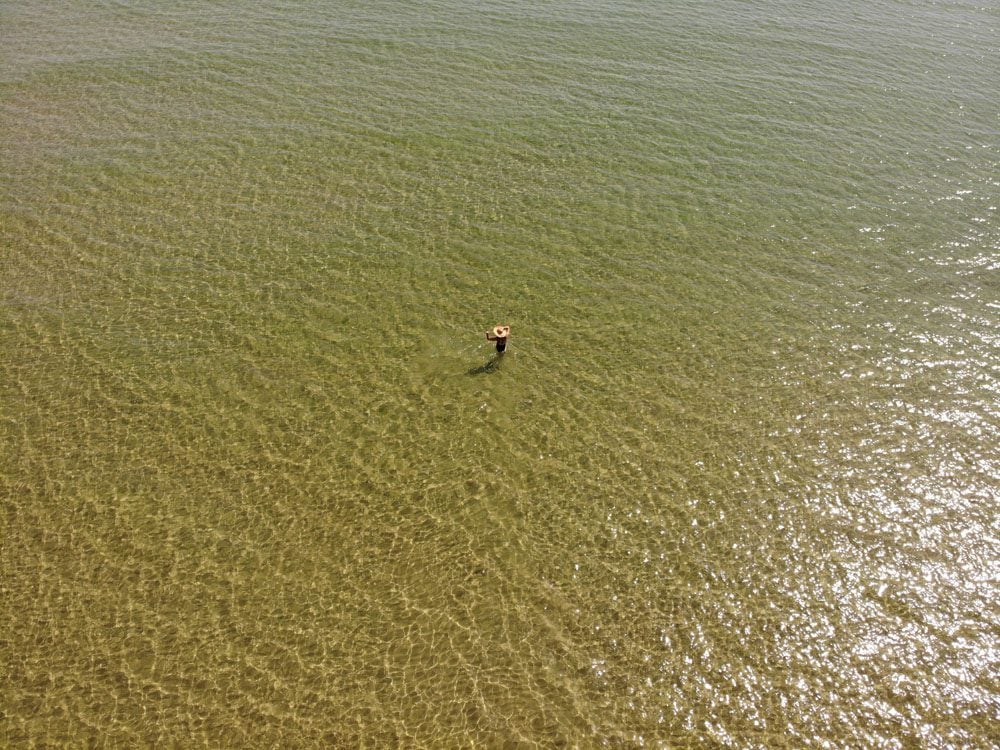
Hilltop City Hopping
Our next base was over 200 kilometers east in the magnificent city of Syracuse. But instead of taking the highway, we used the opportunity to detour into the countryside and explore three of the region’s most famous hilltop towns.
Our first stop was Ragusa. After a devastating earthquake in 1693 that destroyed pretty much everything apart from a single church, the historic town was rebuilt along with a new section on the high ground. We made it to scenic Ragusa in the middle of the afternoon siesta, and there was hardly a cat roaming the streets in the heat of the day.
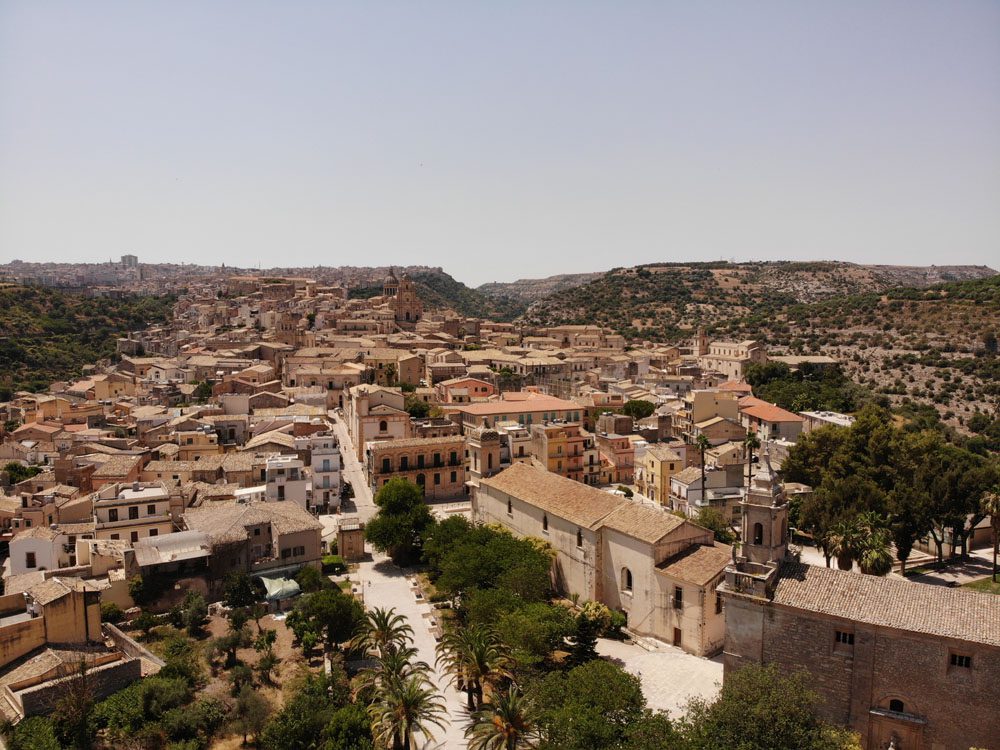
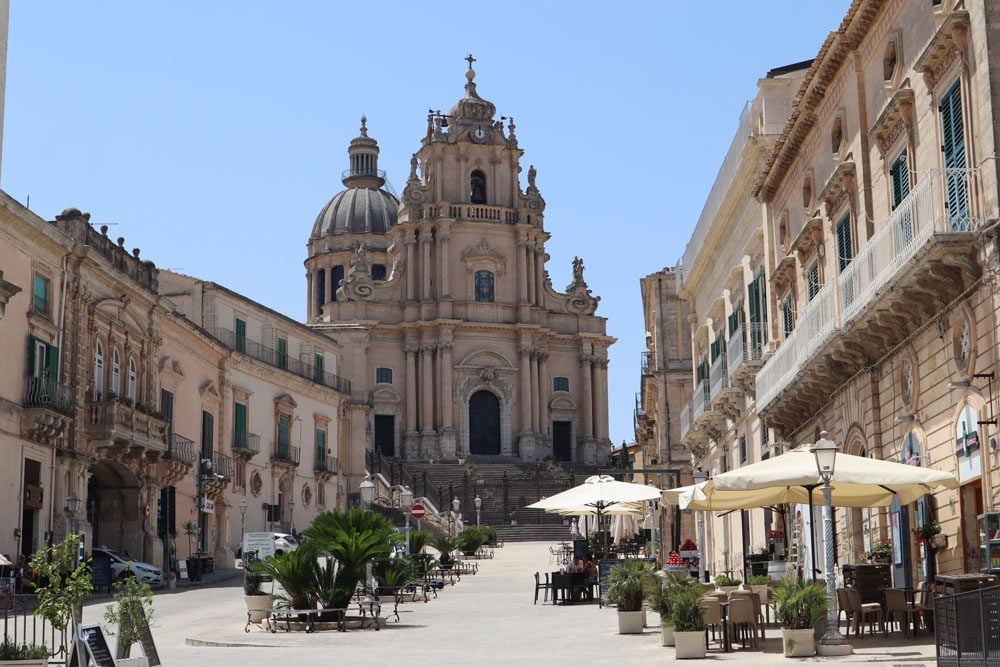
The next stop was Modica, a proper town whose residents are either excellent drivers or have seriously strong calves. Modica’s center is built inside a gorge while staircases and narrow roads climb steeply in every direction to neighborhoods where every resident enjoys fine views. Modica is a historic center of chocolate-making in Sicily, the perfect treat after putting your legs to work in exploring the town.
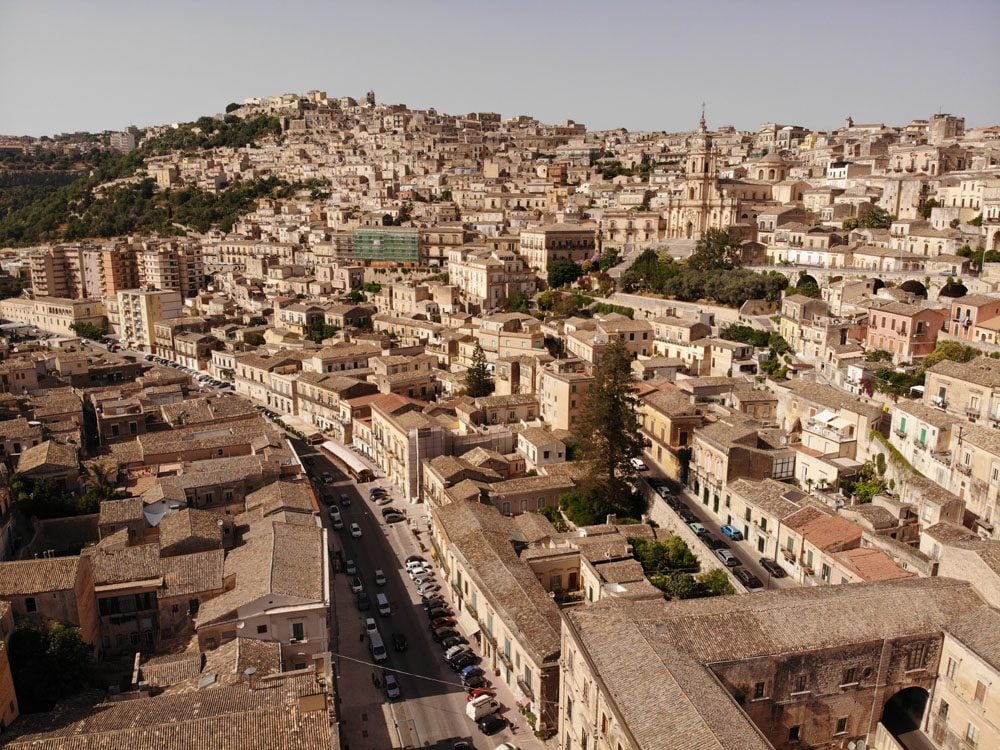
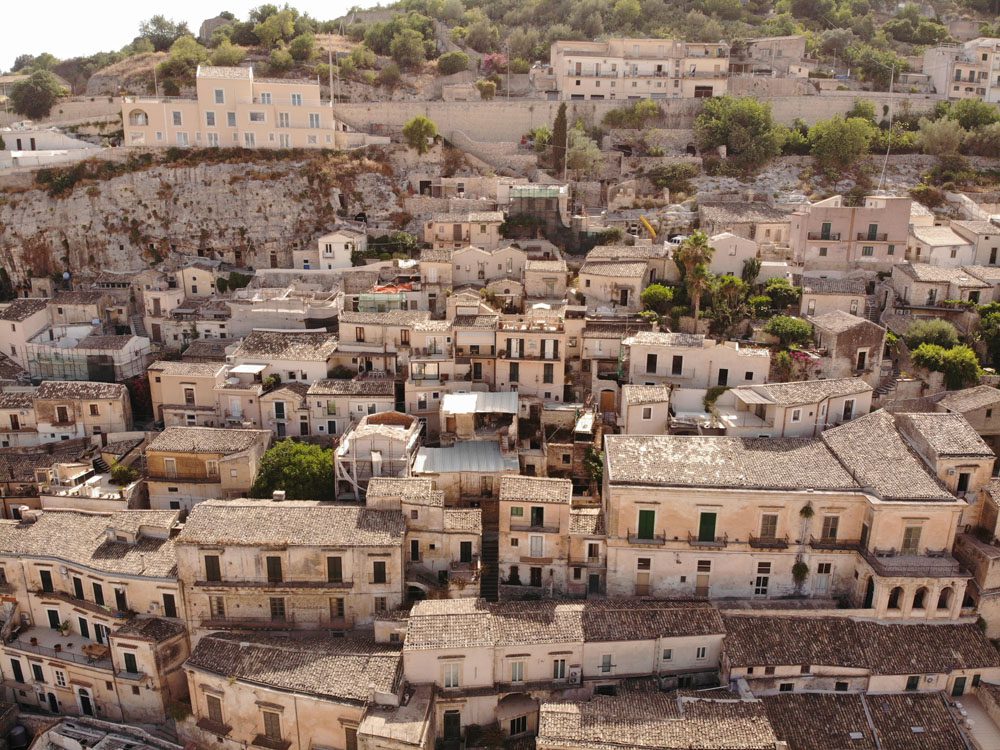
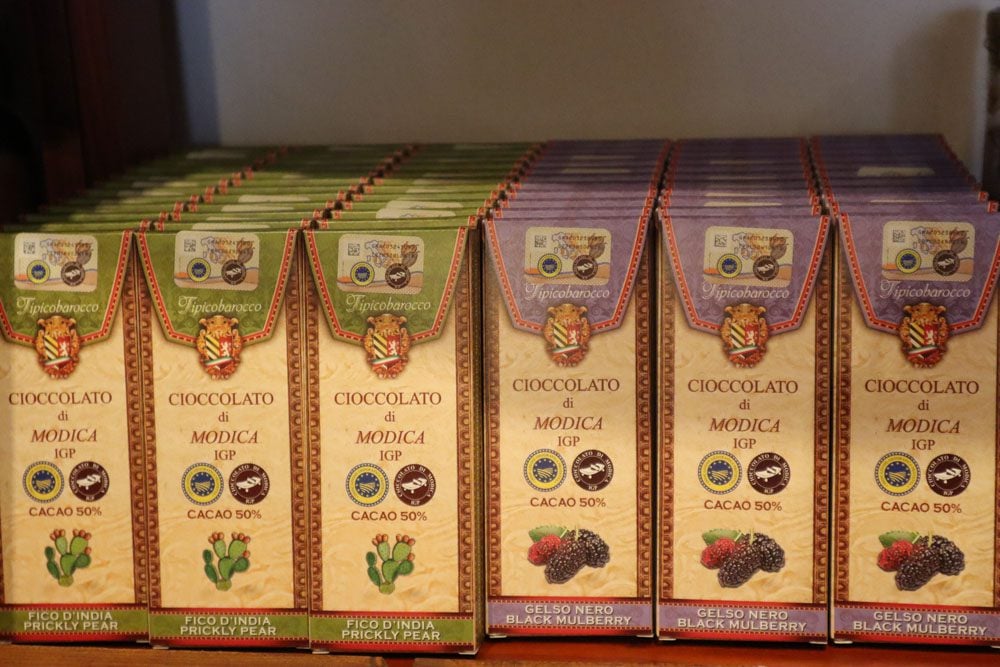
Known for its Baroque architecture and ice cream, Noto was the last hilltop town en route to Syracuse. Like Ragusa, Noto was rebuilt after the 1693 earthquake, and its primarily flat historic center is easy to explore in a short time. Noto’s heart is centered around its main cathedral, best appreciated from the neighboring Chiesa di San Carlo al Corso rooftop.
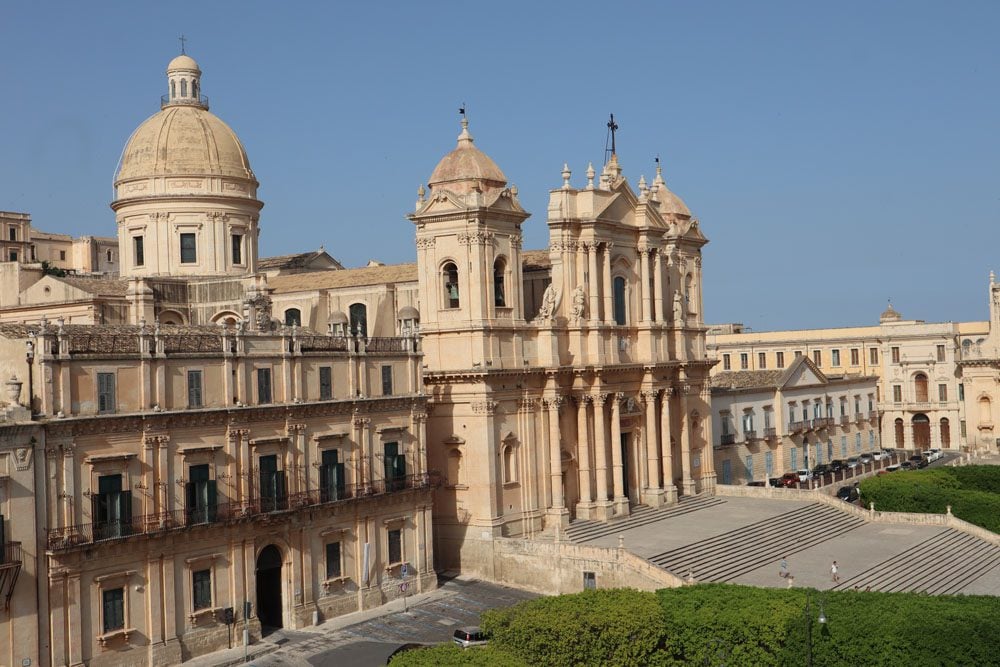
Syracuse
We made it to Syracuse just in time for dinner reservations at Ristorante Sicilia in Tavola, which turned out to be one of the best meals on this road trip around Sicily. We then explored the streets, narrow alleys, and piazzas of Ortygia, the ancient island separated from Syracuse “proper” by a narrow strait.
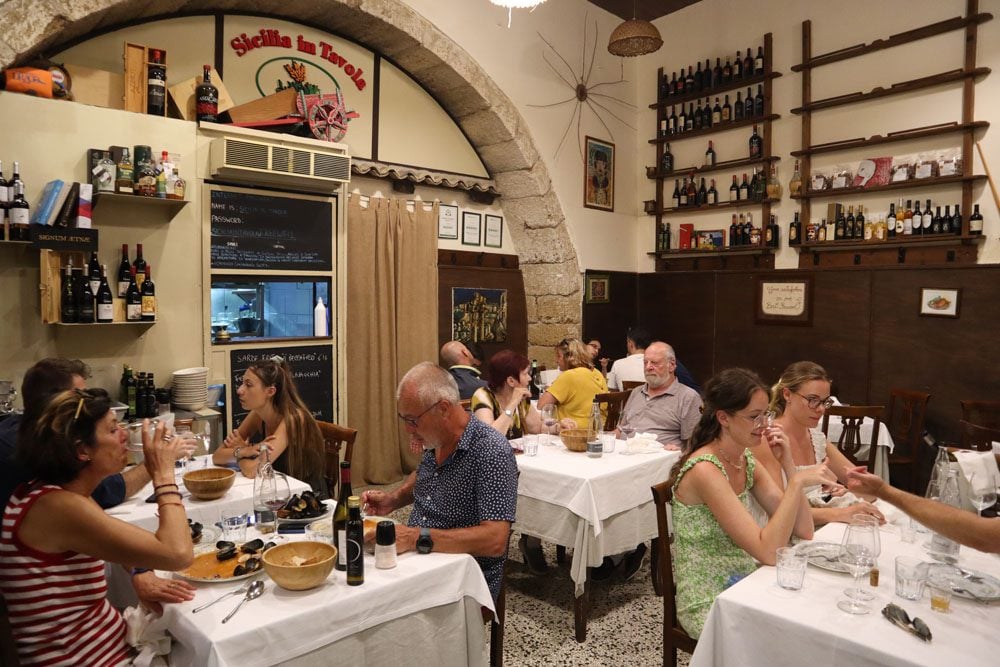
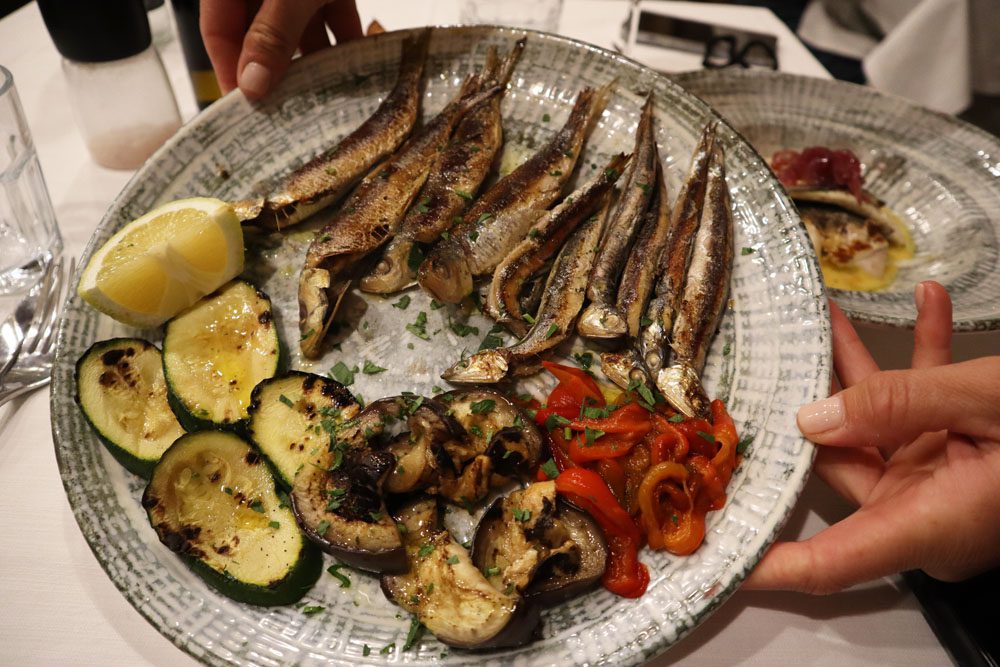
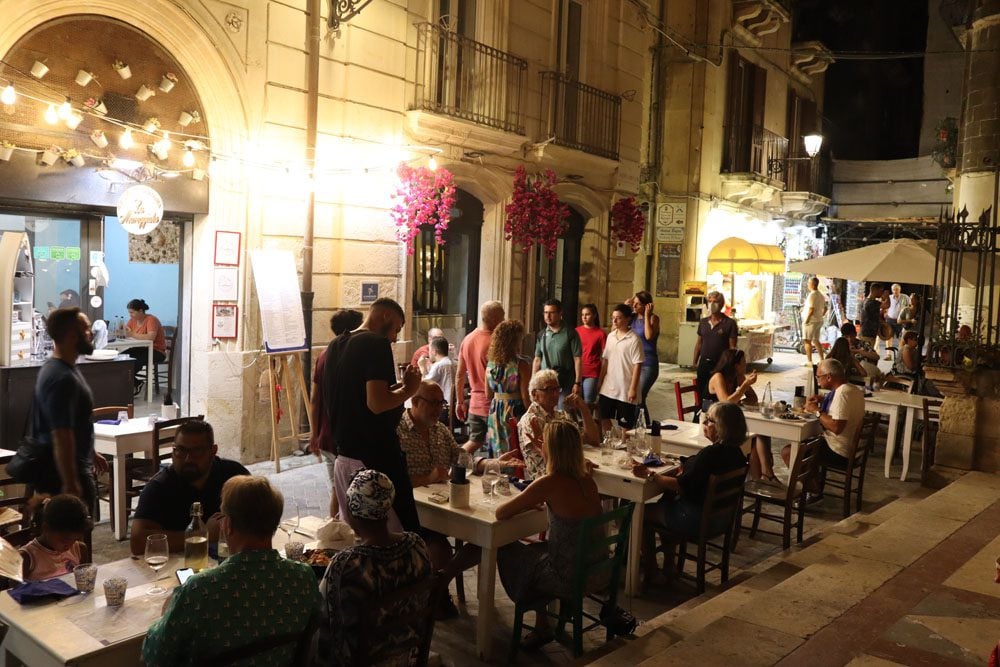
In the morning, we set out to explore Syracuse, explicitly focusing on the sites and sounds of historic Ortygia. The city’s origins stretch back nearly 3,000 years when the ancient Greeks established what would become the largest city in the ancient world. We started with Ortygia’s vibrant market with its loud hawkers trying to stand out from the crowd. We then circled the small island, popping here and there into majestic cathedrals and enjoying the seafront.
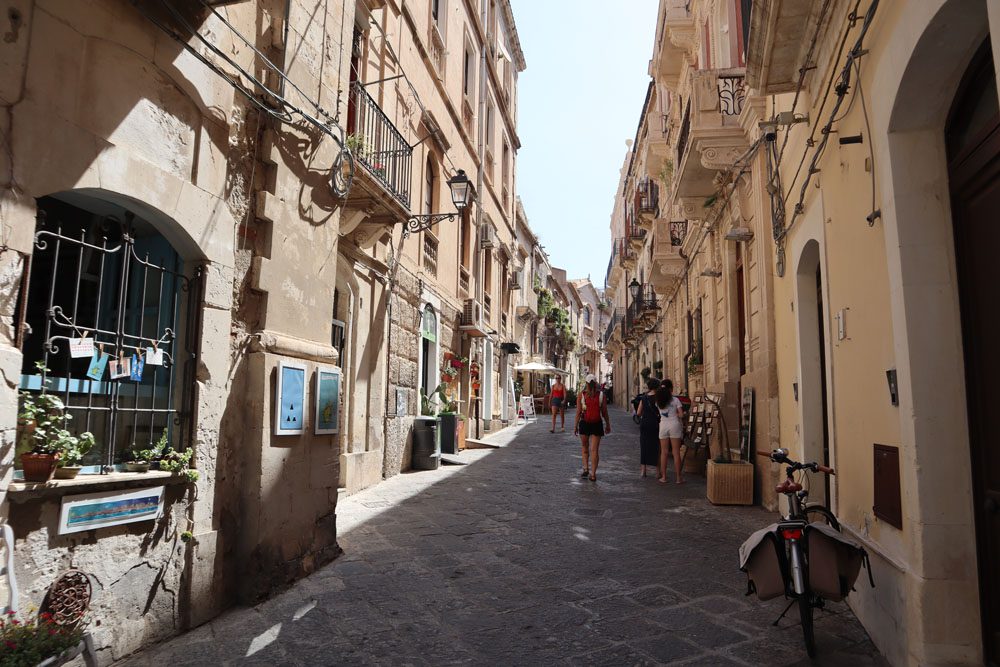
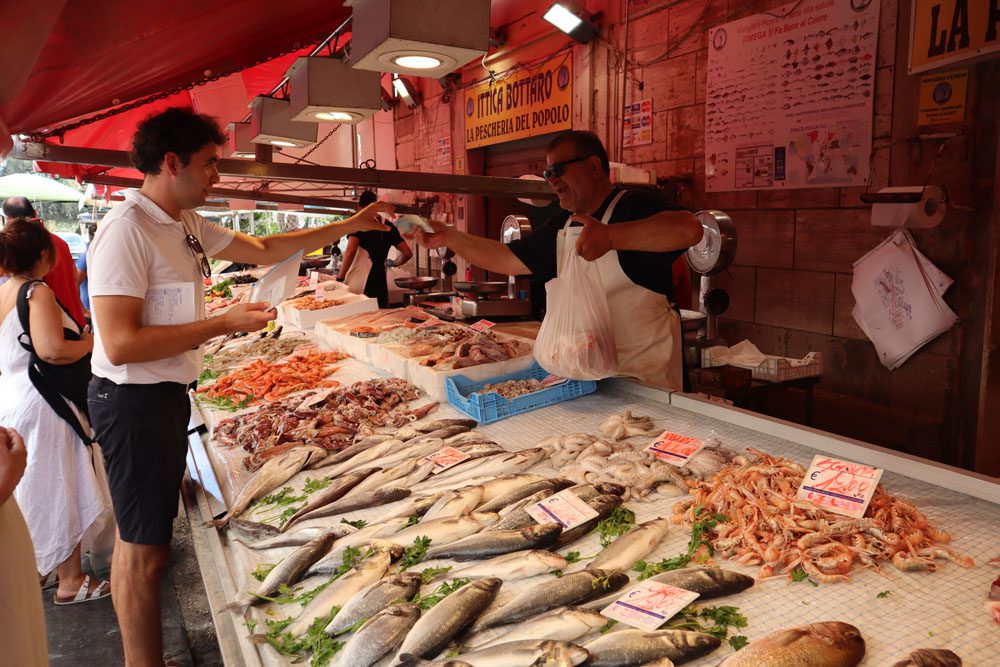
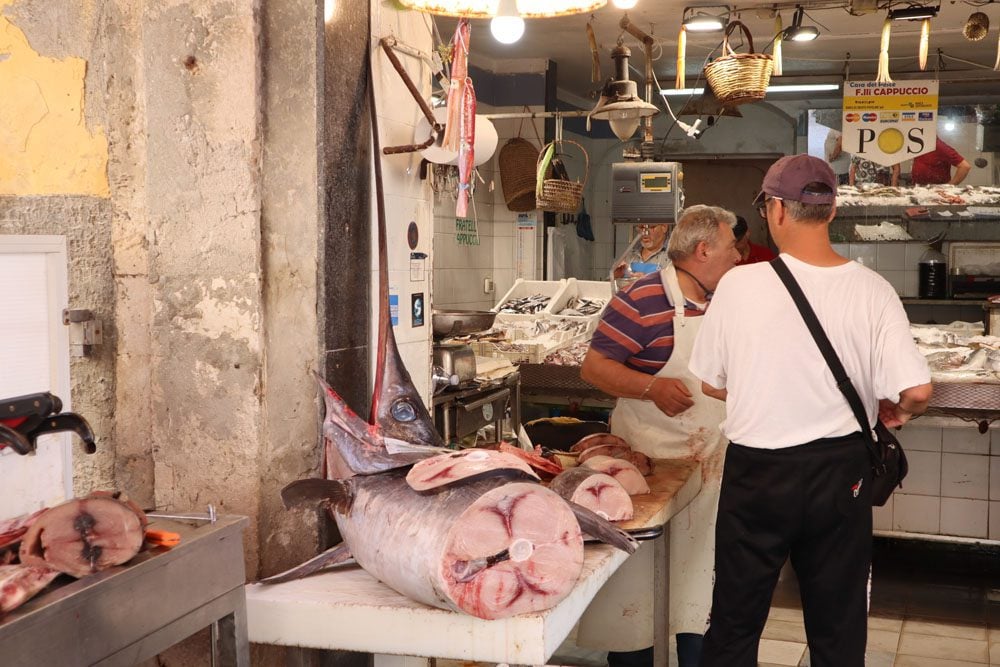
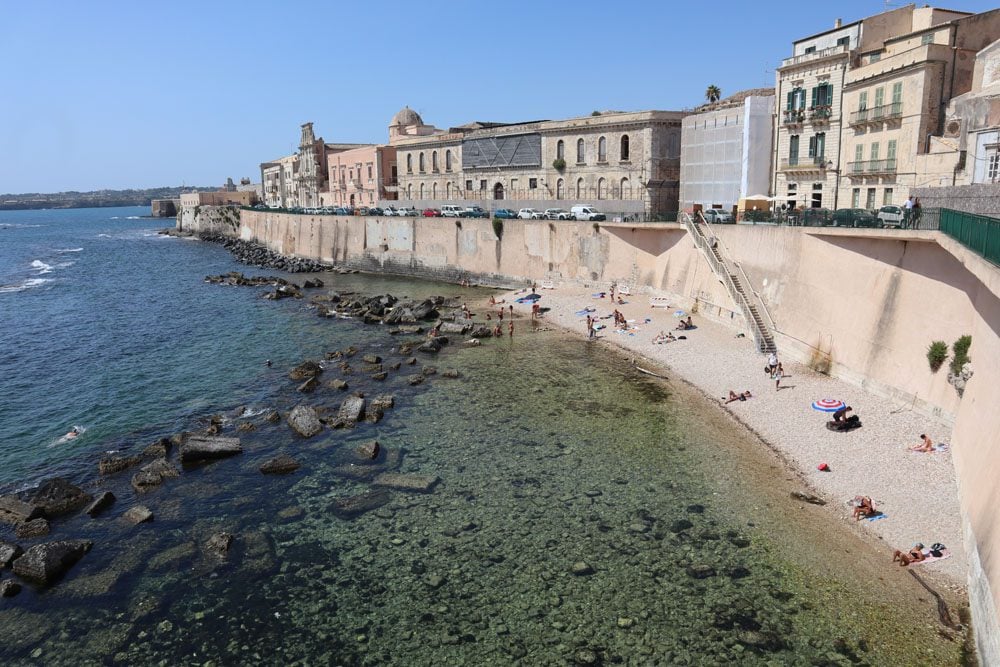
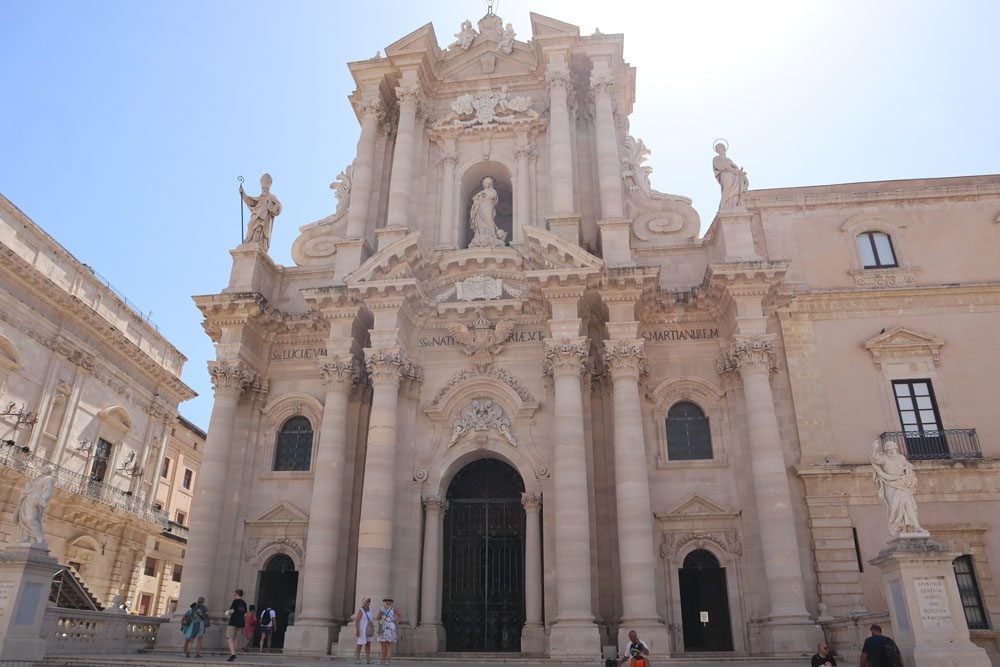
At noon, we left Syracuse behind and headed south to San Lorenzo beach. Though we could have just laid on the sand, we opted to test the Italian “beach clubs,” sort of semi-private patches of sand where you pay for sunbeds and umbrellas. The closer you are to the waterline, the more pricey this luxury gets, but I must say it’s worth the price if you spend a few hours at the beach.
